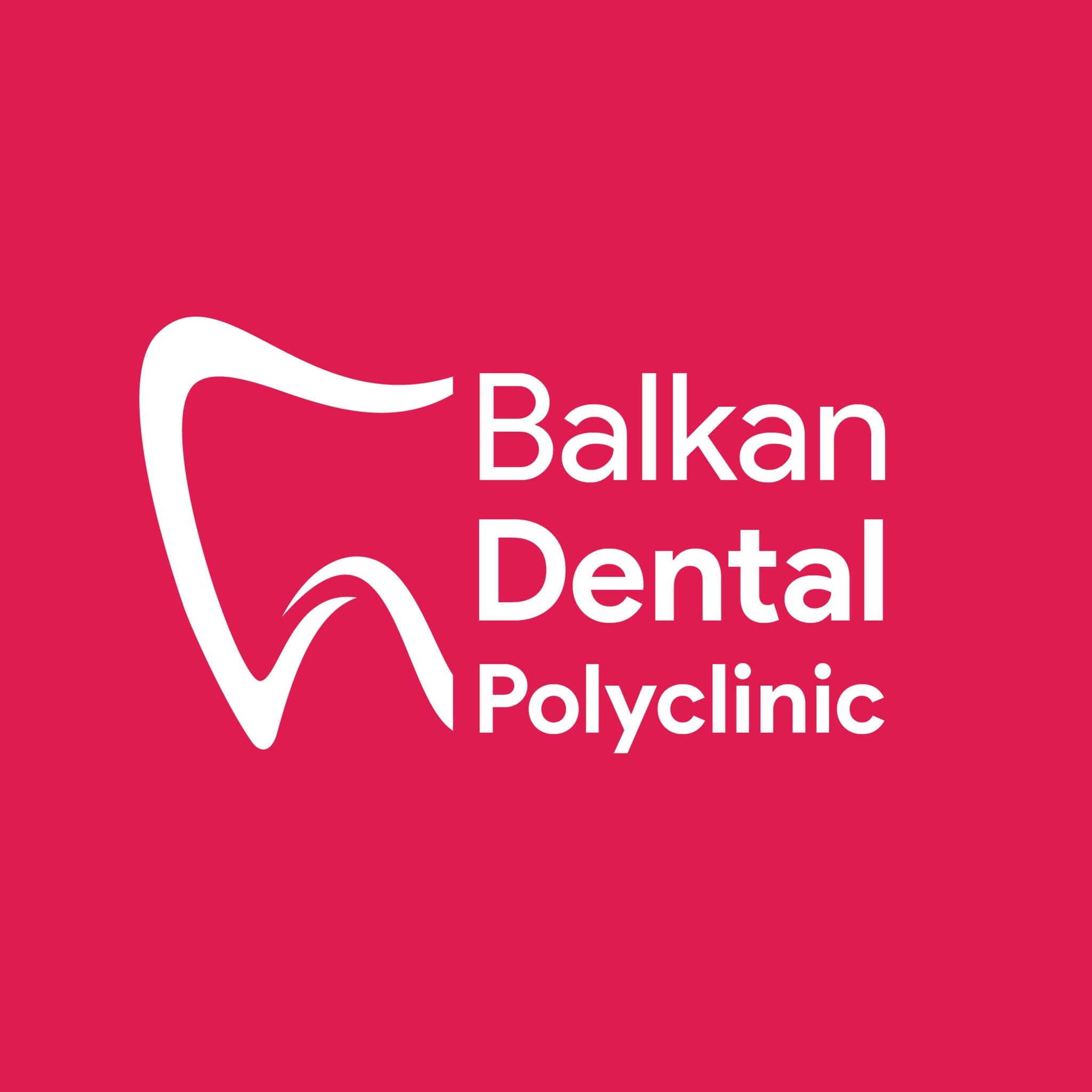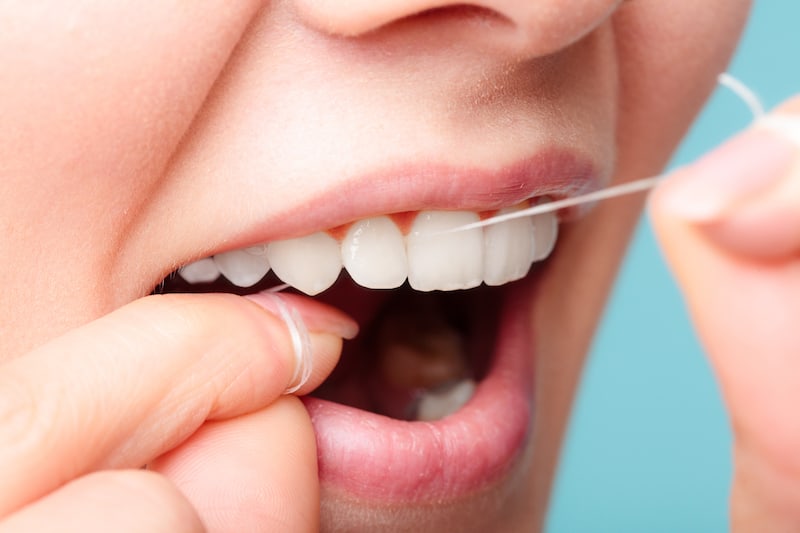
Why is flossing necessary if I brush my teeth regularly?
Brushing your teeth is essential for maintaining oral health, but did you know that brushing alone isn’t enough to keep your smile truly healthy? Flossing plays a crucial role in dental care that brushing can’t fully cover.
Brushing vs. Flossing: What’s the Difference?
When you brush your teeth, your toothbrush cleans the surfaces you can easily reach—the front, back, and chewing surfaces of your teeth. However, your toothbrush bristles cannot effectively reach the tight spaces between your teeth and just under the gumline.
Flossing is specifically designed to clean these narrow gaps where plaque and food particles tend to accumulate. Without flossing, these trapped particles can lead to:
-
Plaque buildup between teeth
-
Gum inflammation and bleeding (early signs of gum disease)
-
Tooth decay in hard-to-reach spots
-
Bad breath caused by trapped bacteria
Why Is Flossing So Important?
Plaque is a sticky film of bacteria that forms constantly on your teeth. If not removed, it hardens into tartar, which can only be professionally cleaned. Brushing alone misses the plaque hiding between your teeth.
Flossing daily helps remove plaque and debris before it causes damage, protecting your gums and preventing cavities in these vulnerable areas.
How to Make Flossing a Habit
Flossing may seem tricky at first, but with practice, it becomes quick and easy. Here are some tips:
-
Use about 18 inches of floss and gently slide it between each tooth.
-
Curve the floss into a “C” shape around the tooth and slide it beneath the gumline.
-
Avoid snapping the floss, which can irritate your gums.
If traditional floss is difficult to use, consider alternatives like floss picks, water flossers, or interdental brushes.
Final Thought
Brushing is necessary, but flossing is the secret weapon for a healthy mouth. Together, they help keep your teeth clean, your gums healthy, and your smile bright.
Tag: doctor, medicinePopular Posts
-

-
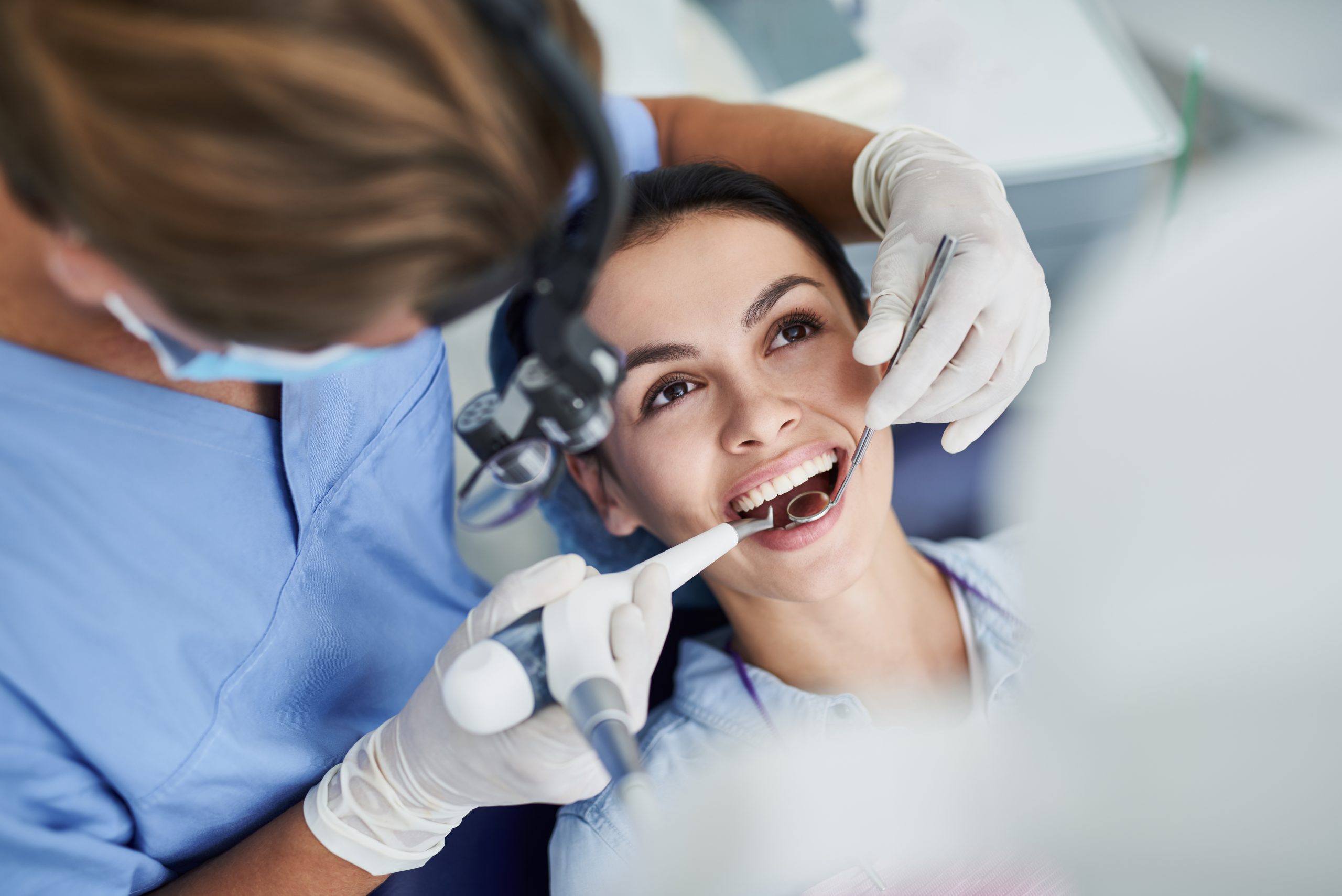
How often should I visit the dentist?
05 Jun, 2025 -
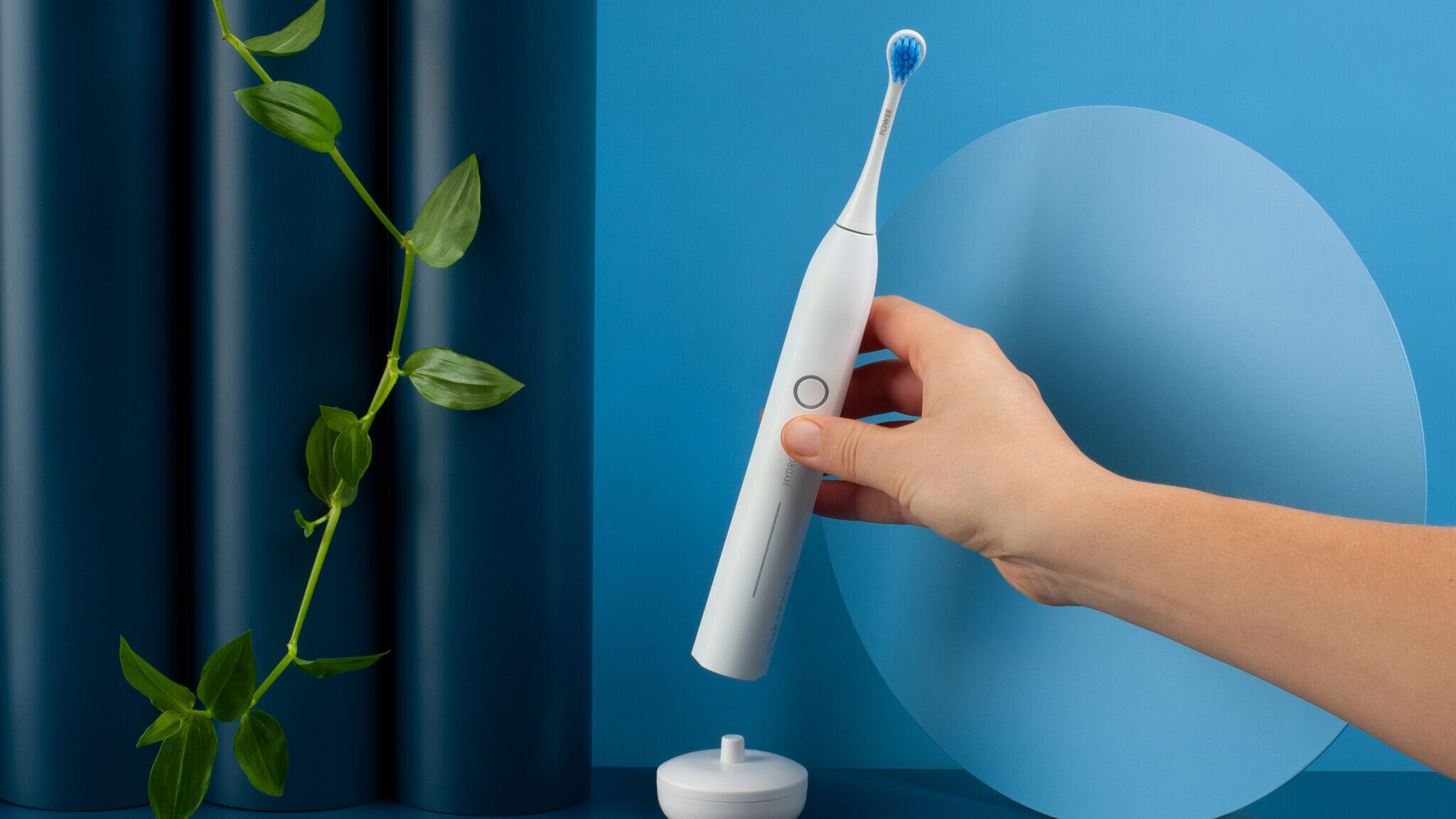
-
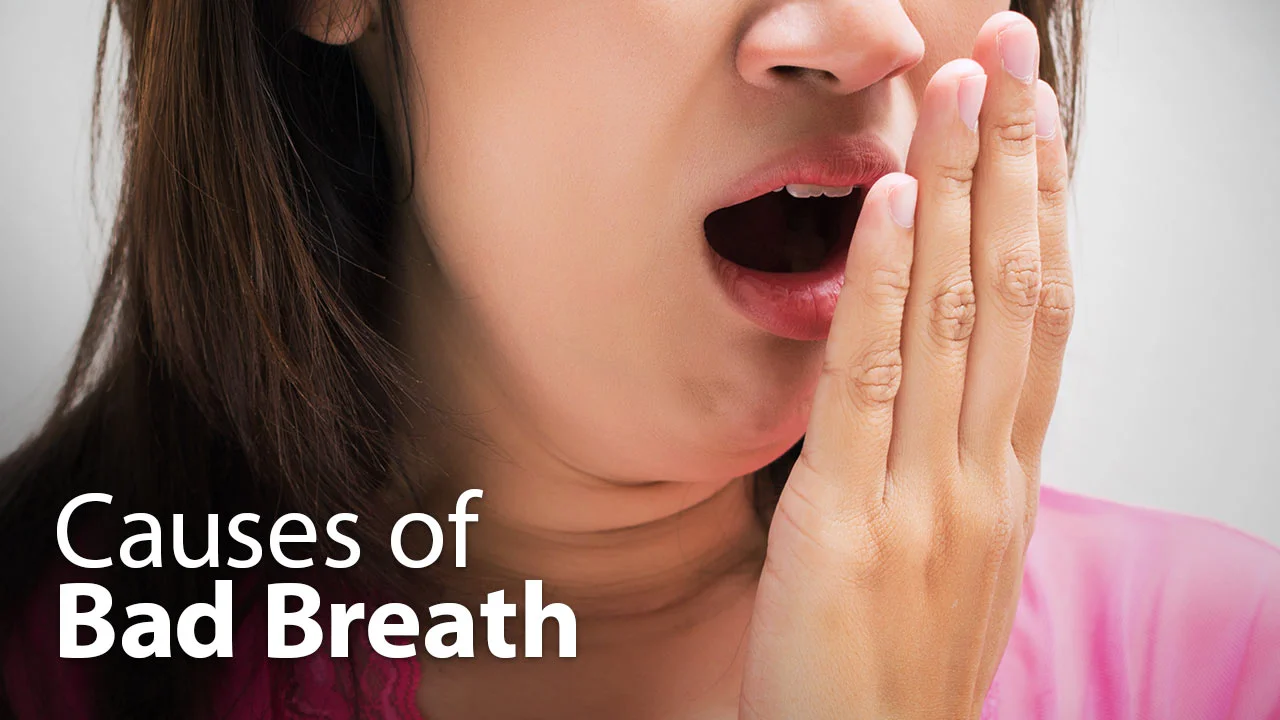
What are the most common causes of bad breath?
05 Jun, 2025 -
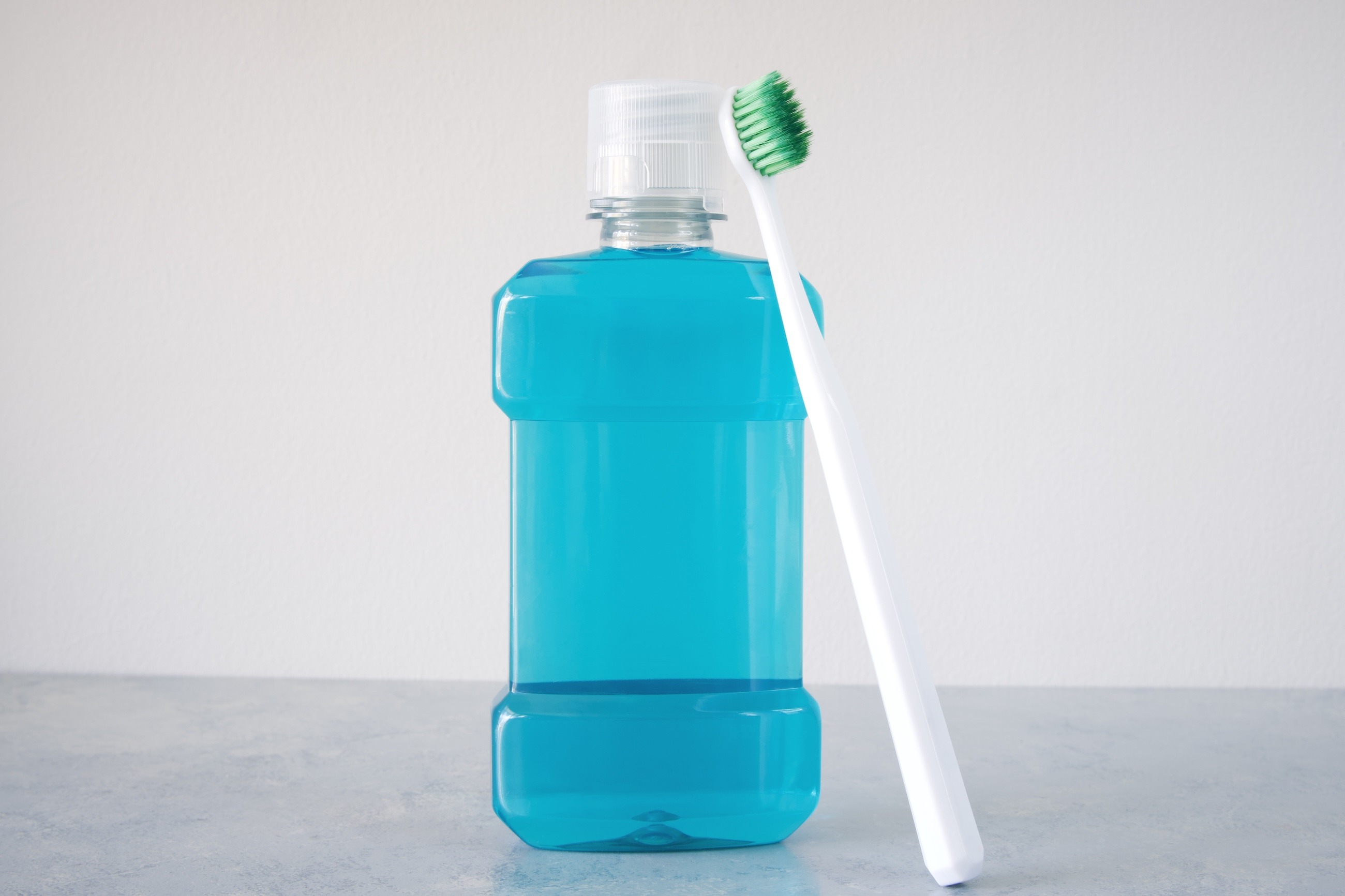
Is mouthwash necessary, or is brushing enough?
05 Jun, 2025 -
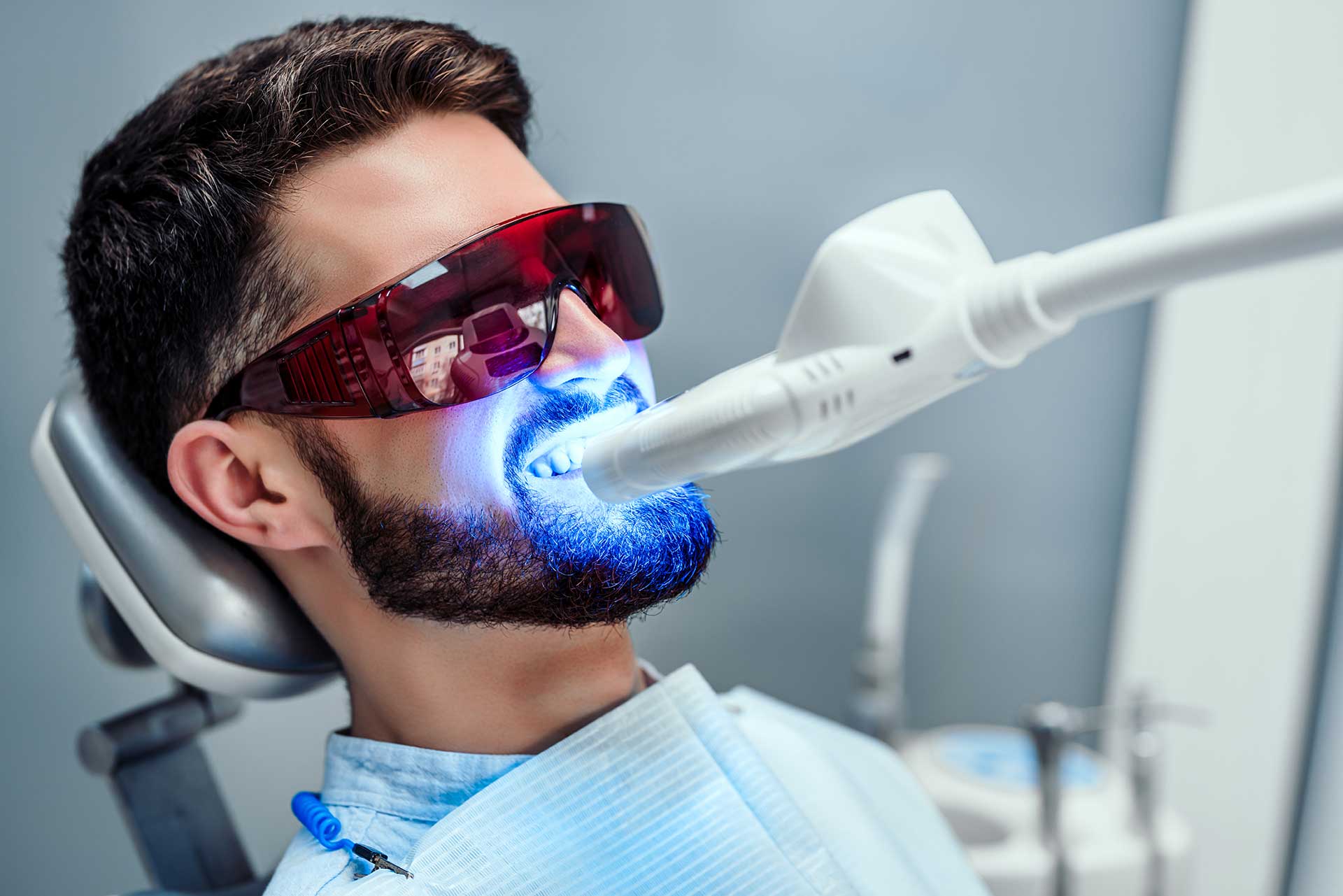
Is teeth whitening safe?
05 Jun, 2025 -
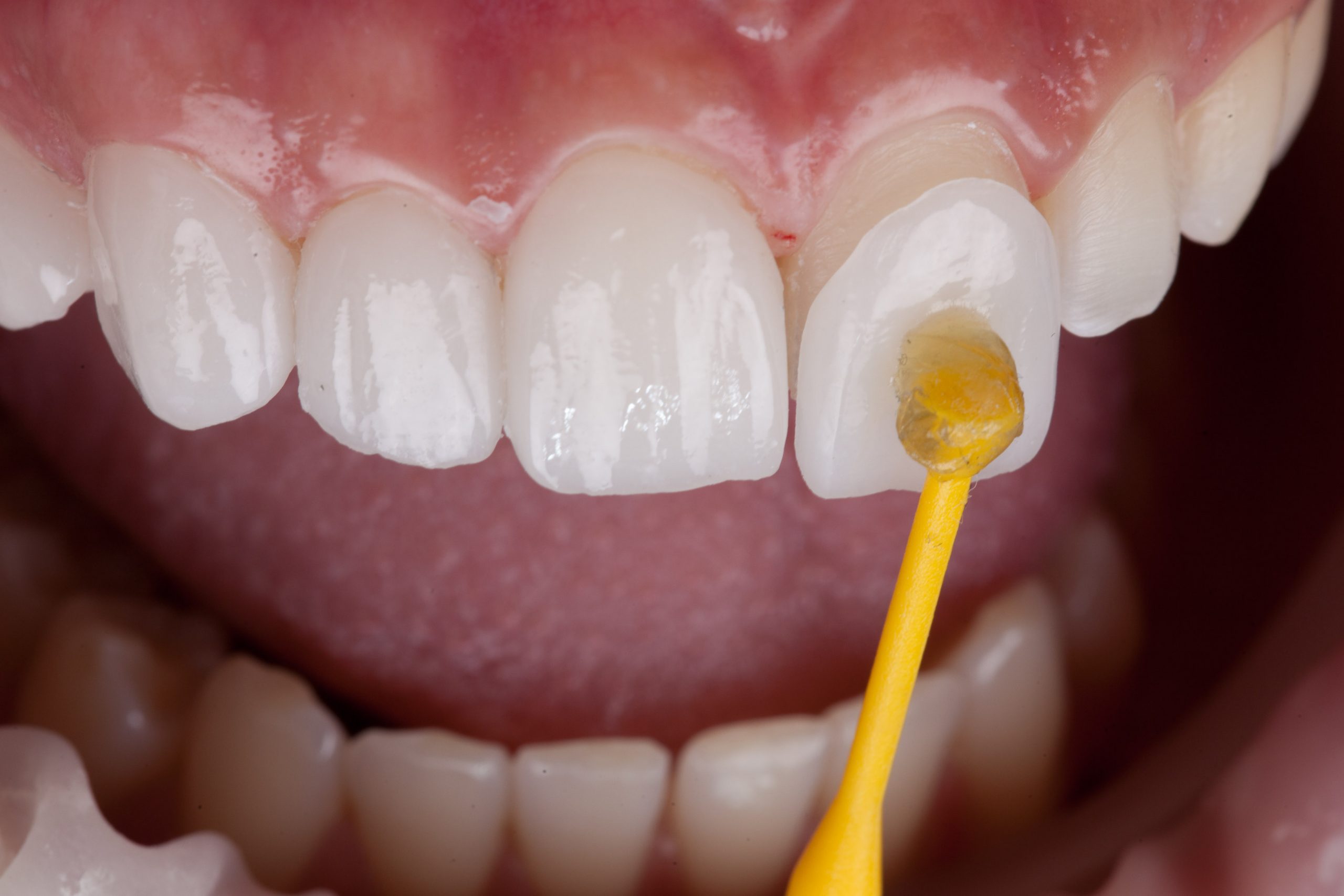
What are dental veneers, and how do they work?
05 Jun, 2025 -
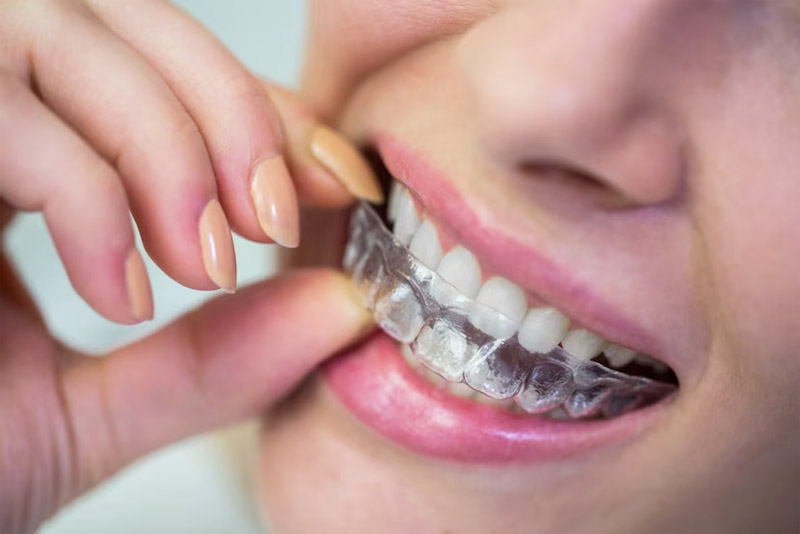
What's the difference between braces and Invisalign?
05 Jun, 2025 -

-
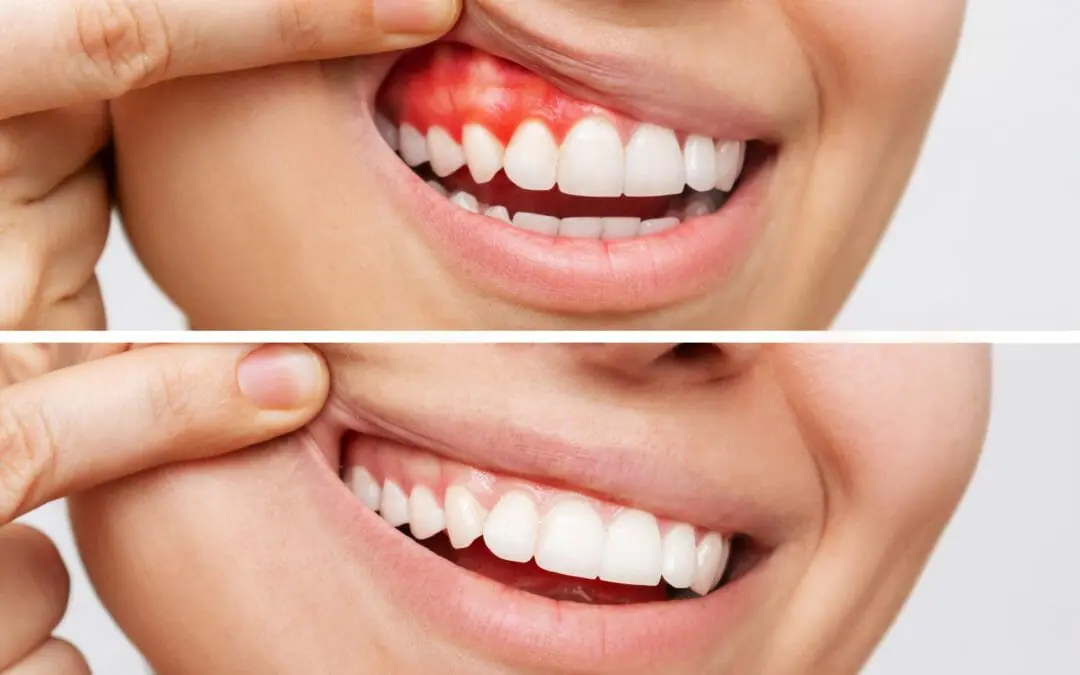
Can gum disease be reversed?
05 Jun, 2025 -
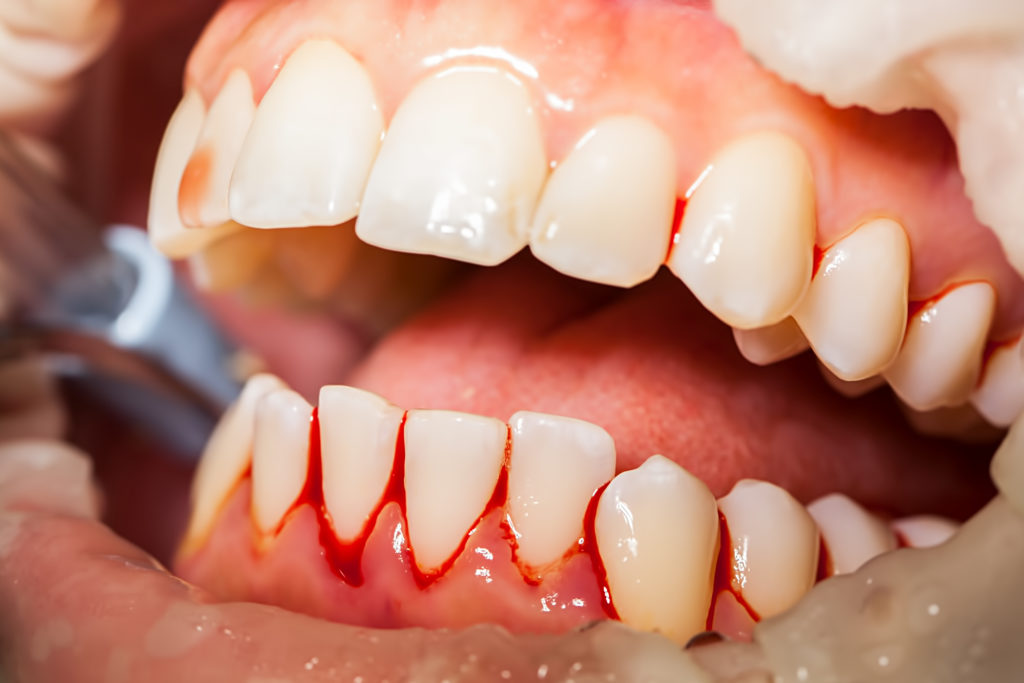
Why do my gums bleed when I brush or floss?
05 Jun, 2025 -

What causes tooth sensitivity?
05 Jun, 2025 -
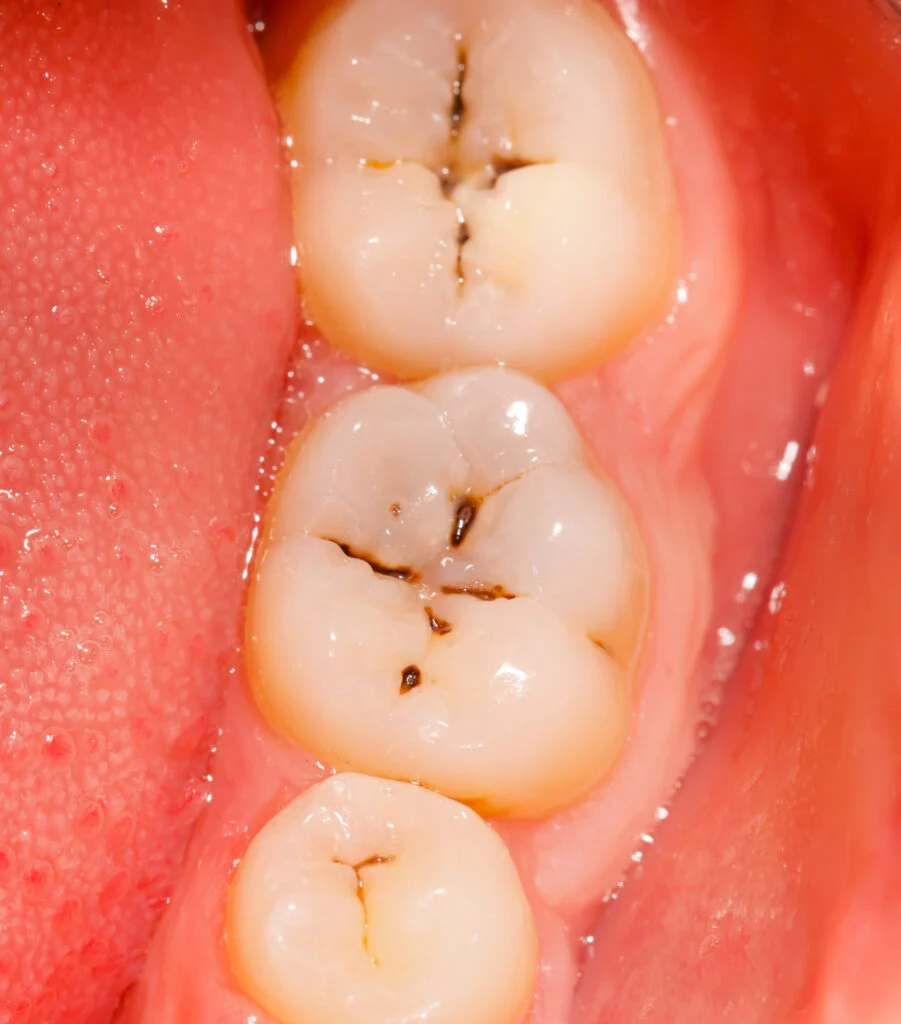
What happens if I ignore a cavity?
05 Jun, 2025 -
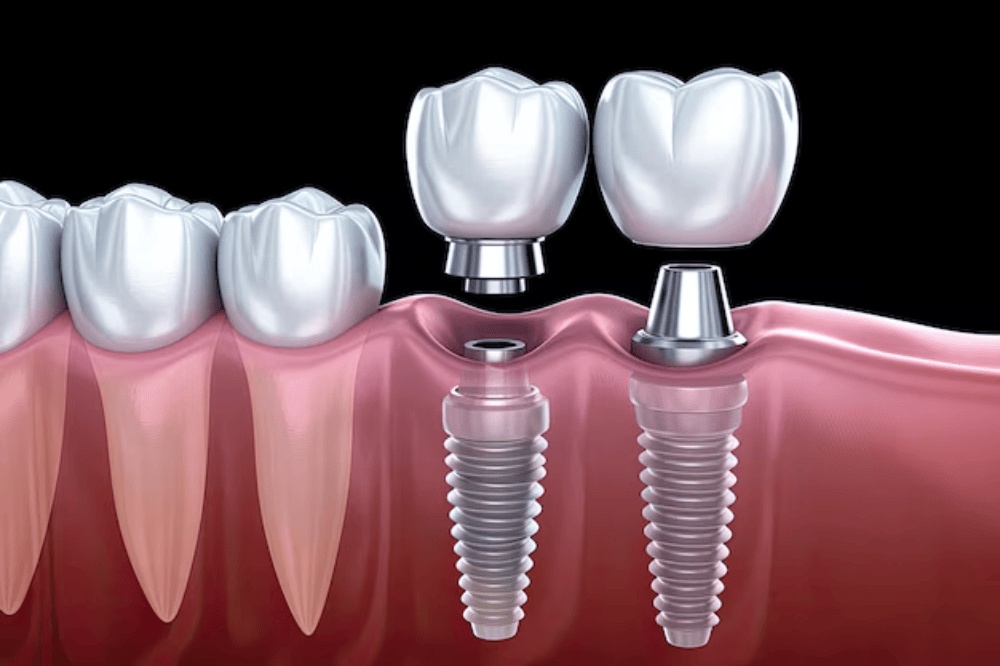
What is a dental implant, and how does it work?
05 Jun, 2025 -
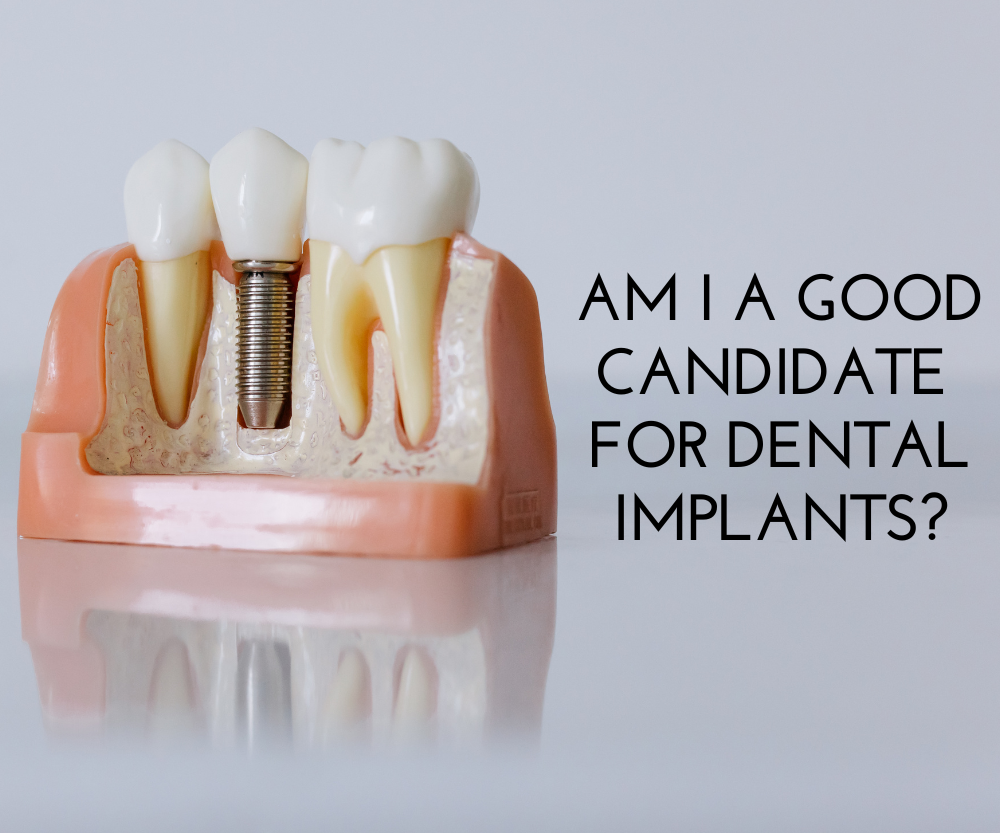
Am I a good candidate for dental implants?
05 Jun, 2025 -
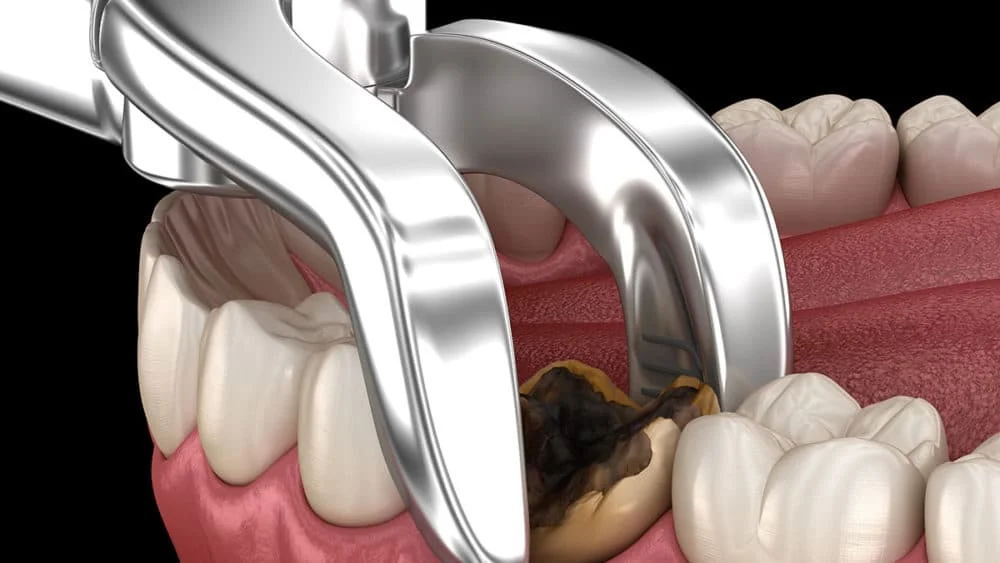
What should I expect after a tooth extraction?
05 Jun, 2025 -
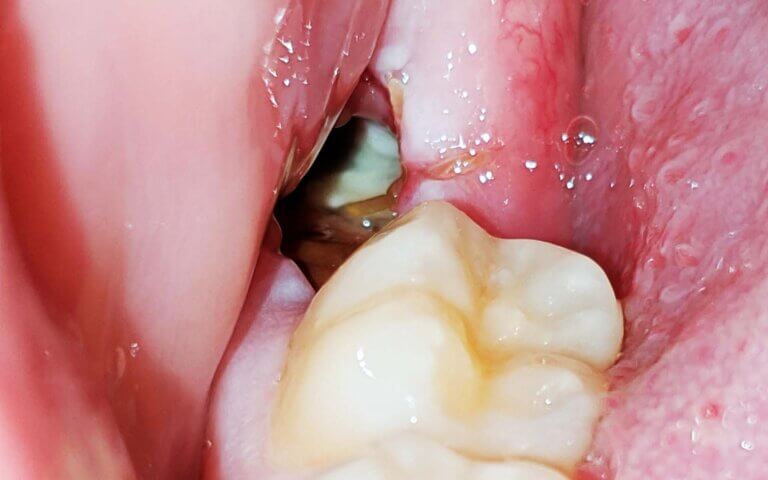
What is dry socket, and how can I prevent it?
05 Jun, 2025 -
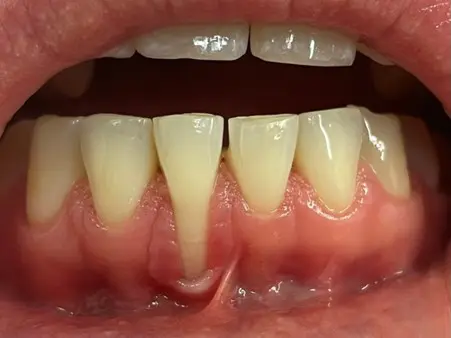
What causes receding gums?
05 Jun, 2025 -
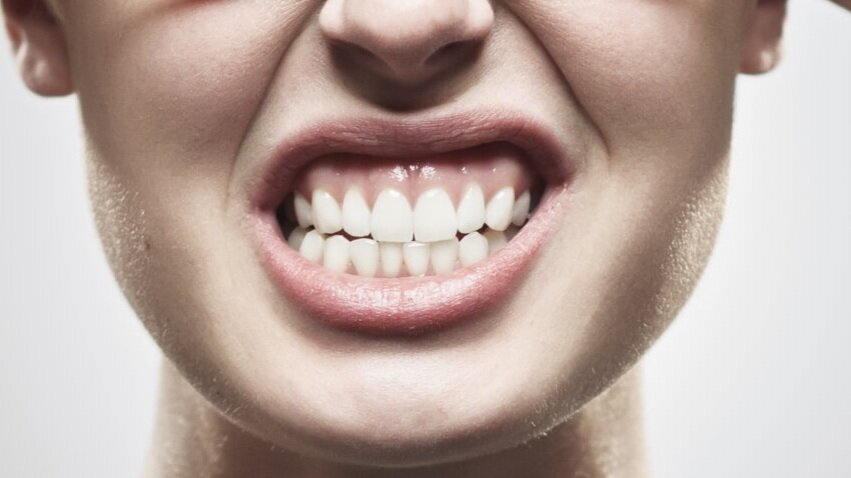
What is bruxism, and how is it treated?
05 Jun, 2025 -

Is it safe to visit the dentist during pregnancy?
05 Jun, 2025 -
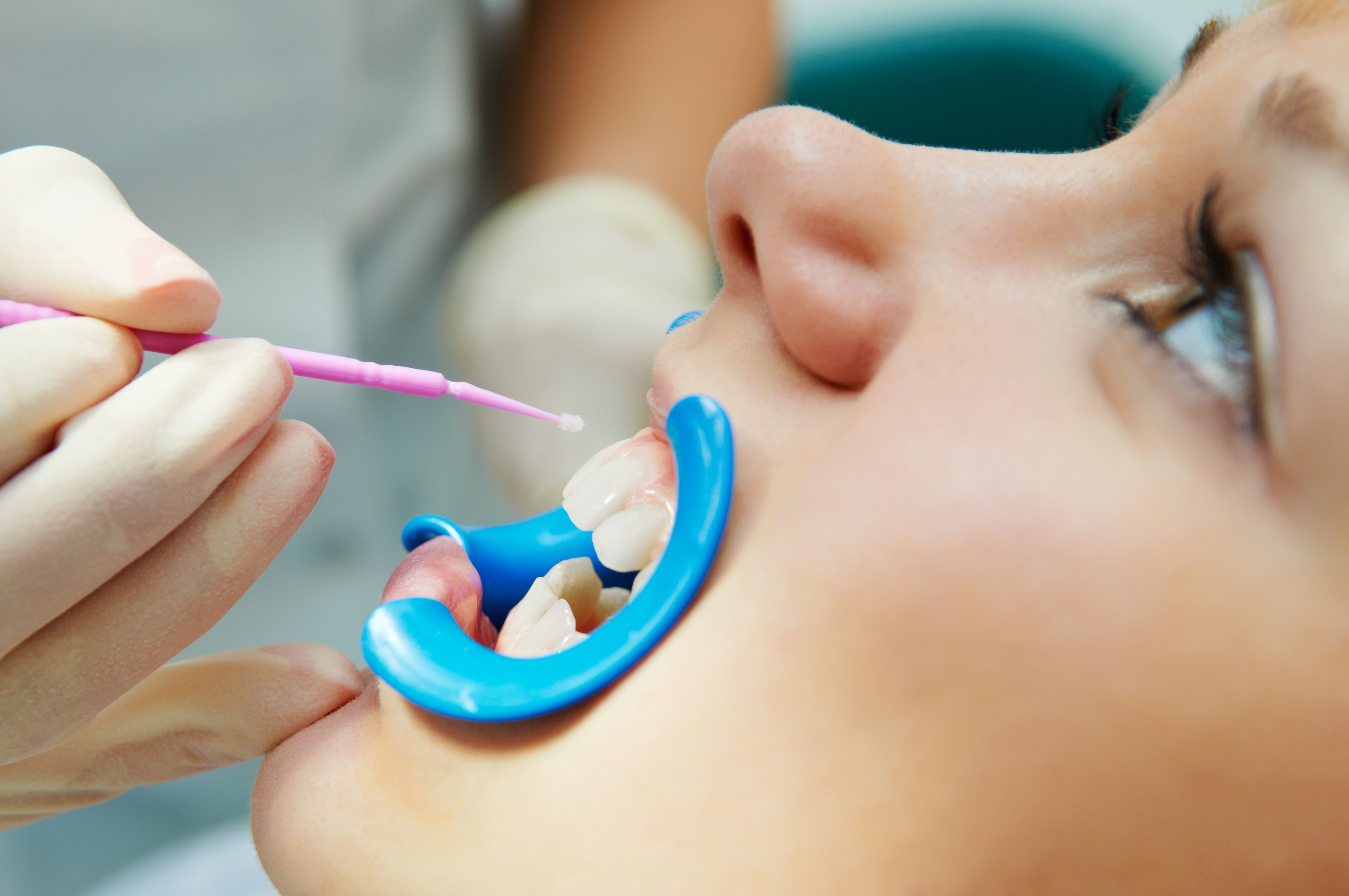
What is fluoride, and is it safe?
05 Jun, 2025 -
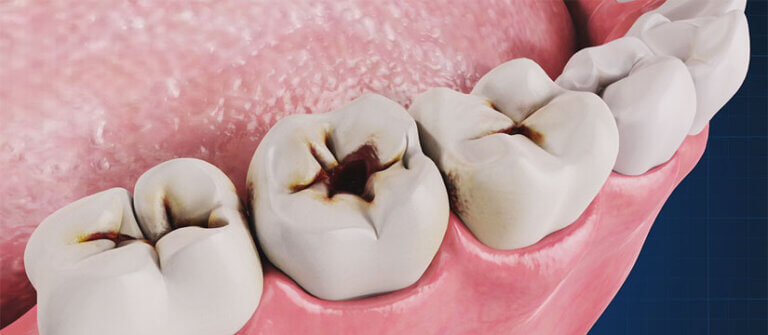
-

How does diet affect my oral health?
05 Jun, 2025 -
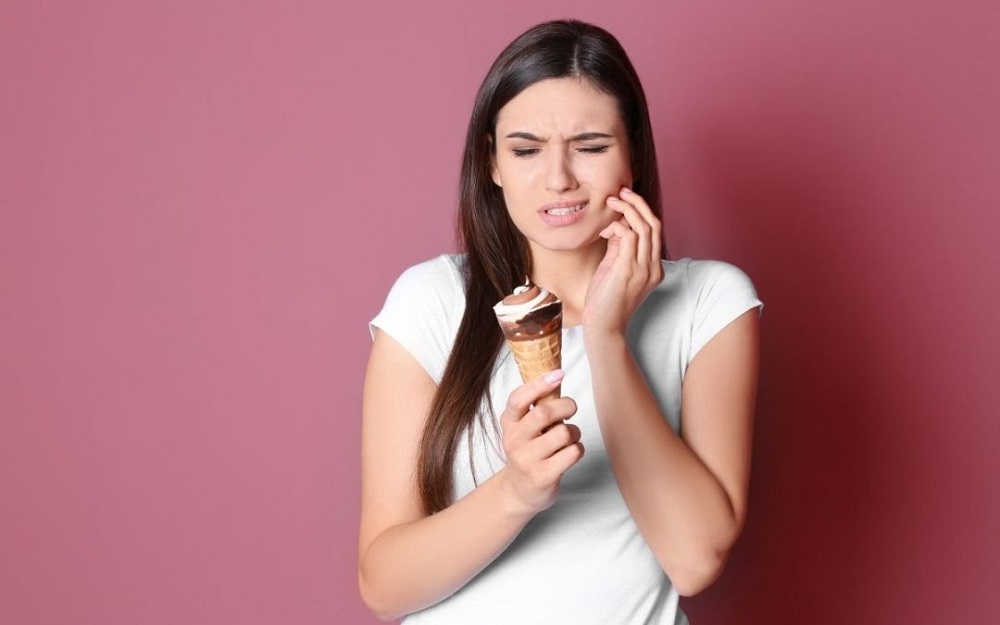
Why do my teeth hurt when I eat cold or hot foods?
05 Jun, 2025 -
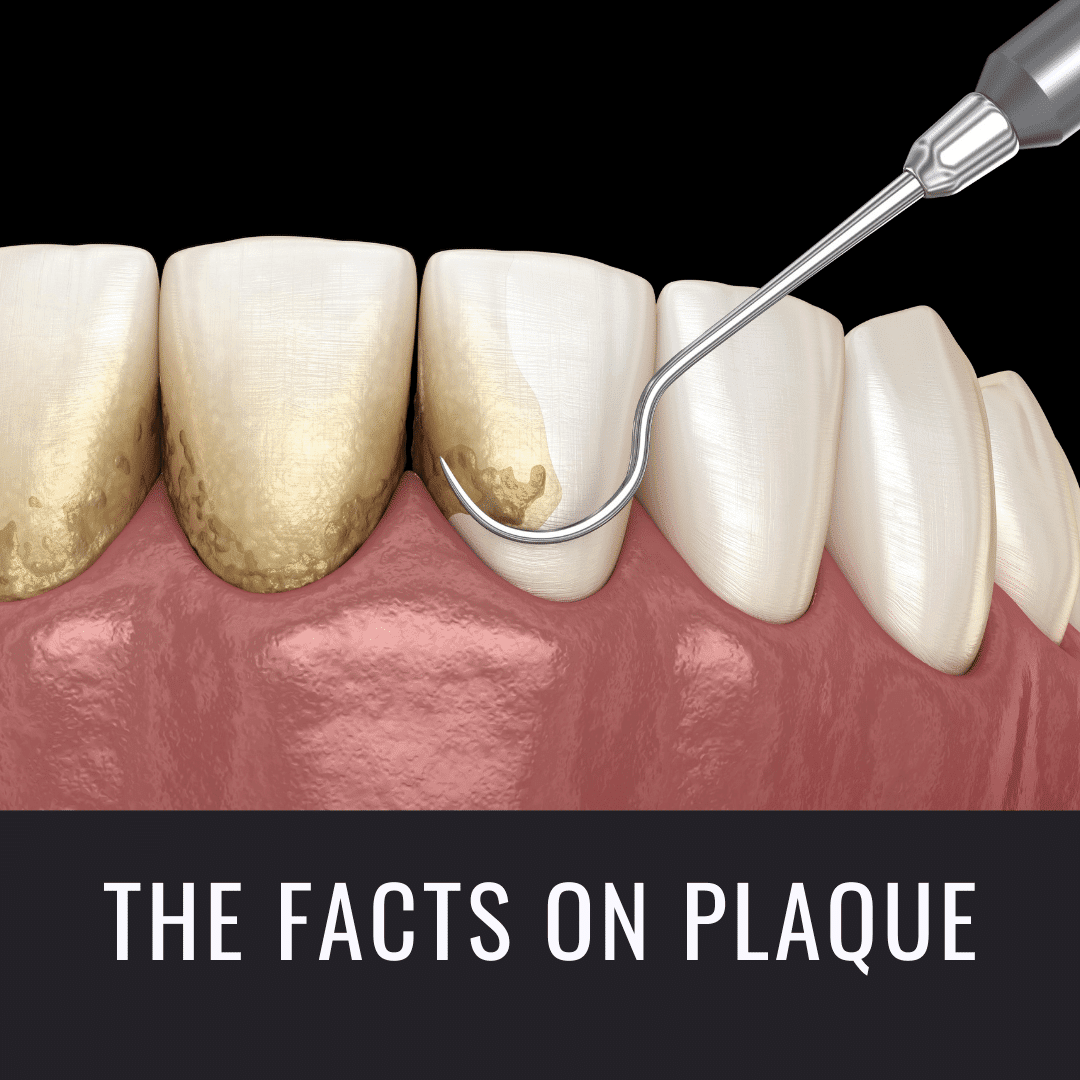
What is plaque, and how do I get rid of it?
05 Jun, 2025 -

Are dental X-rays safe?
05 Jun, 2025 -
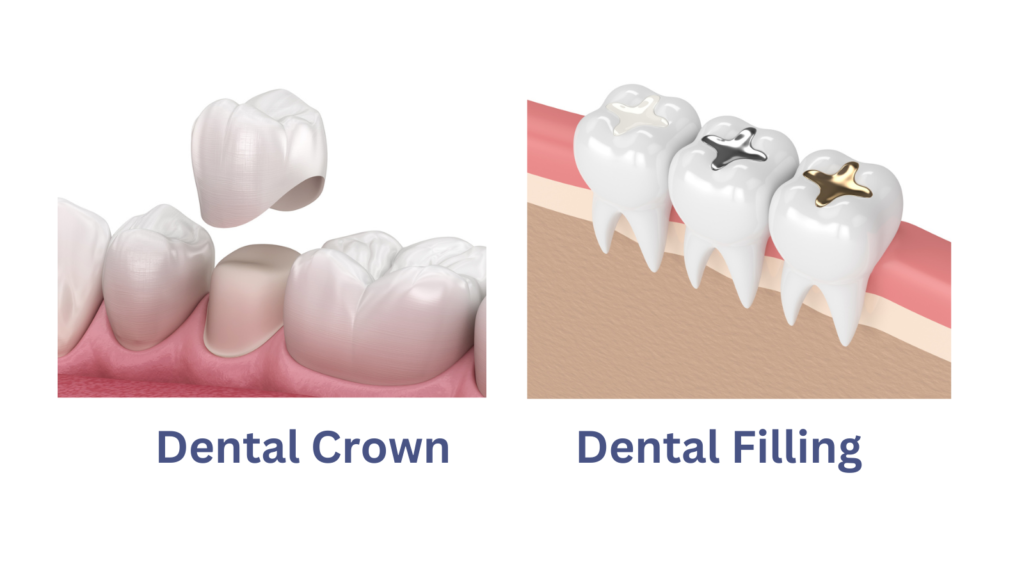
What’s the difference between a crown and a filling?
05 Jun, 2025 -
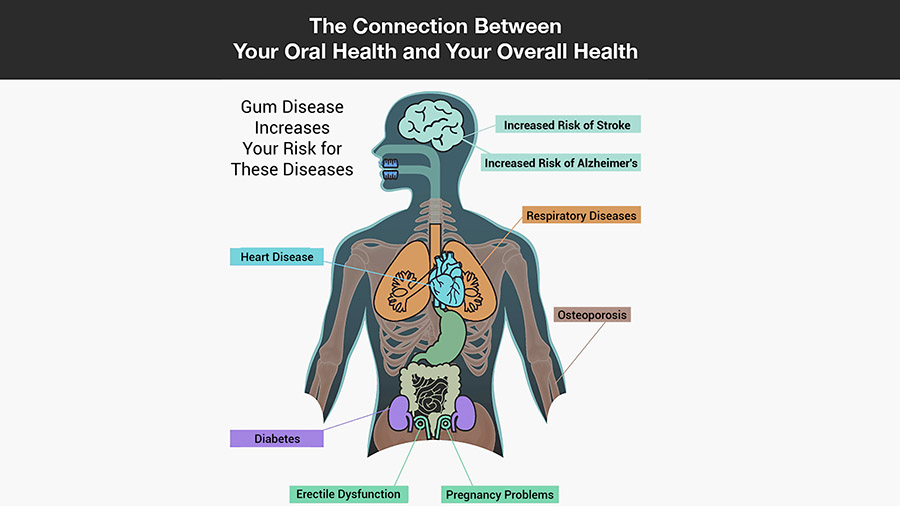
Can poor oral health affect my overall health?
05 Jun, 2025 -
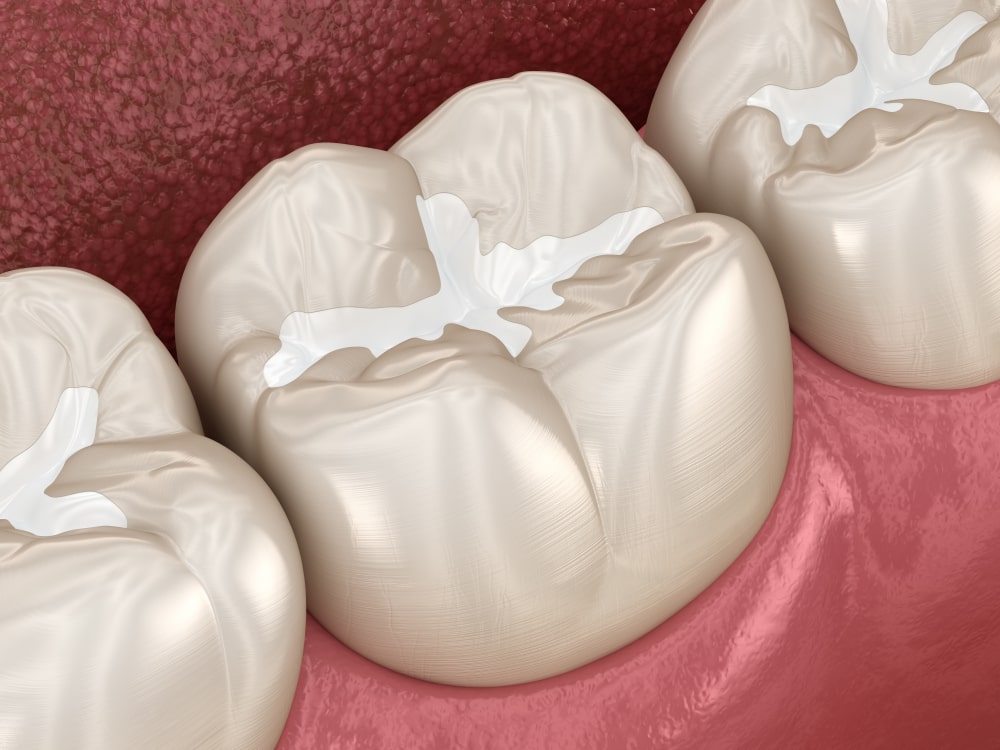
What are sealants, and who needs them?
05 Jun, 2025 -

How long do dental implants last?
05 Jun, 2025 -

Is getting a dental implant painful?
05 Jun, 2025 -

Can anyone get dental implants?
05 Jun, 2025 -
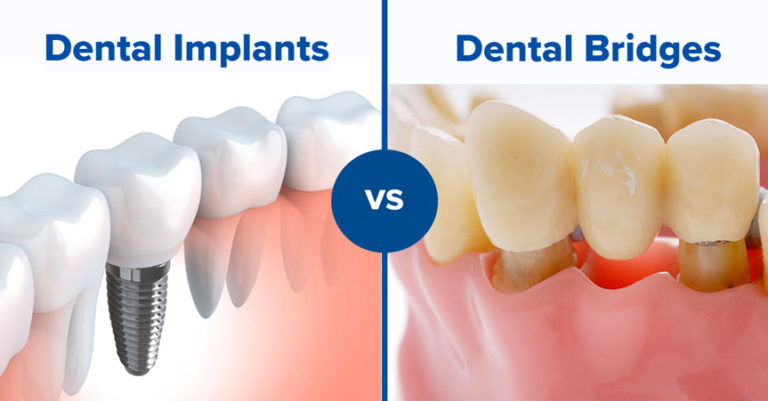
How does a dental implant compare to a bridge?
05 Jun, 2025 -
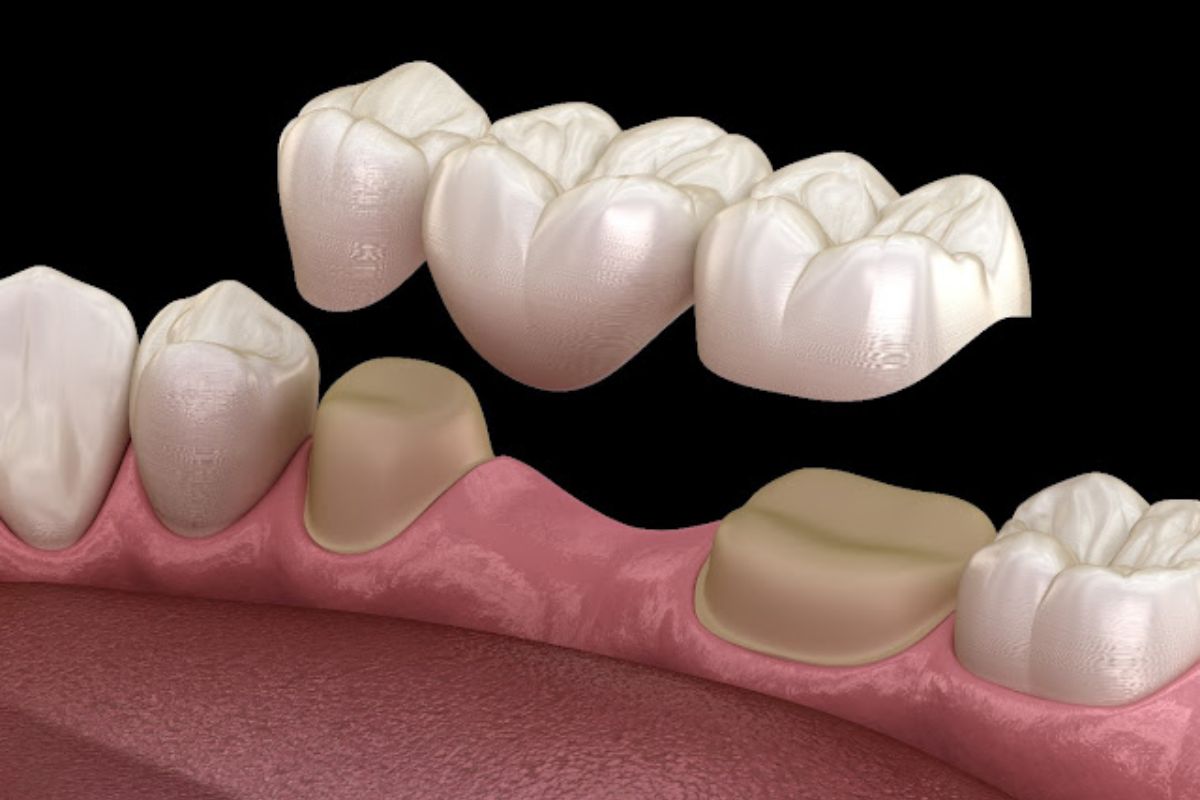
What is a dental bridge?
05 Jun, 2025 -
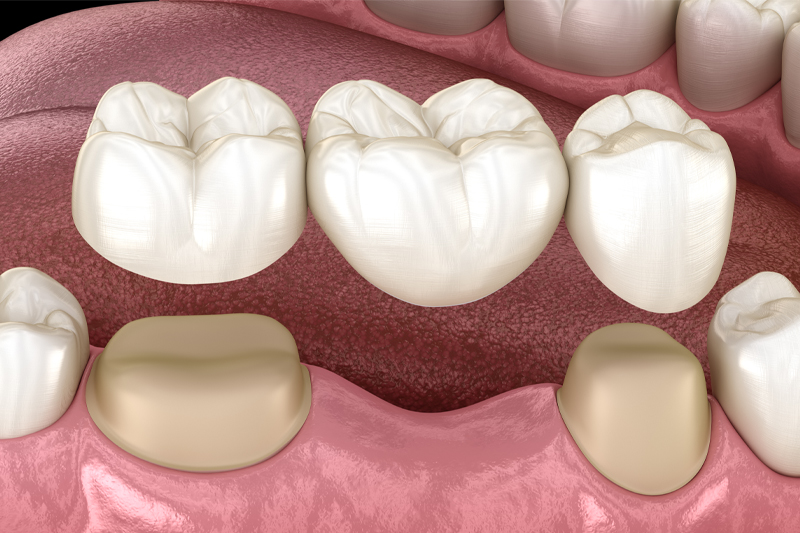
How long do dental bridges last?
05 Jun, 2025 -
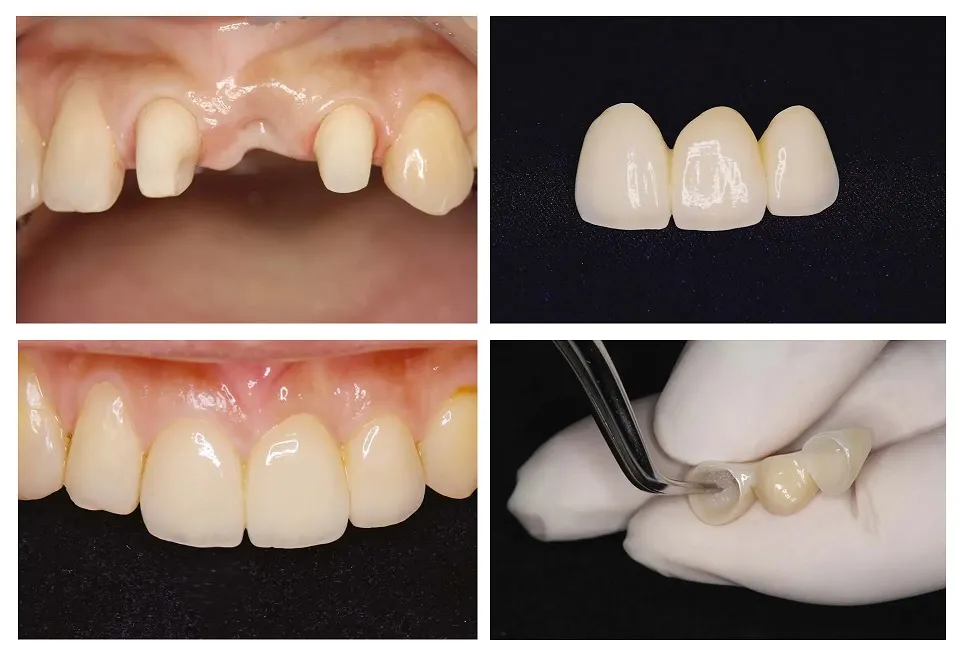
Are dental bridges noticeable?
05 Jun, 2025 -
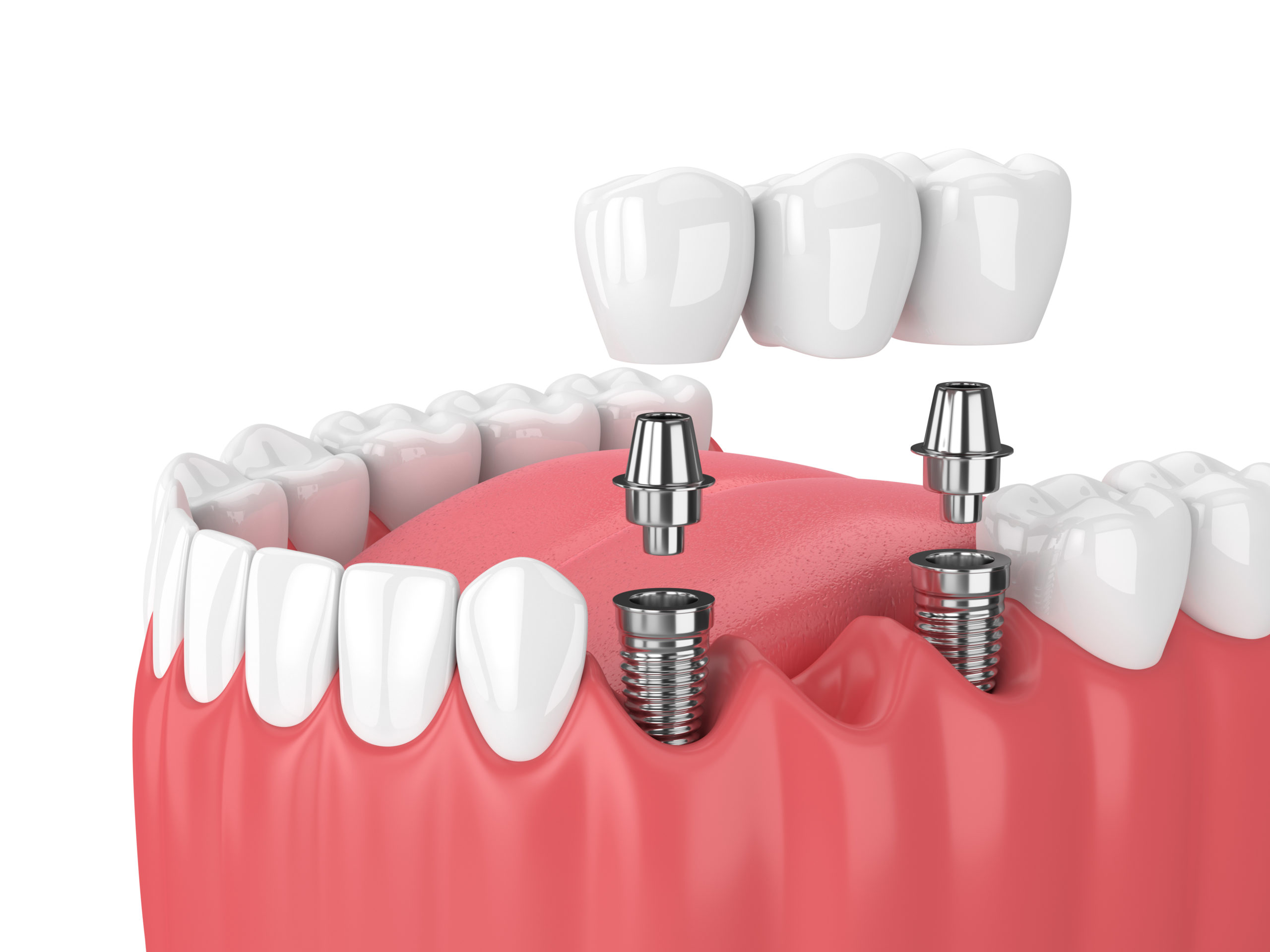
Can a bridge replace multiple missing teeth?
05 Jun, 2025 -
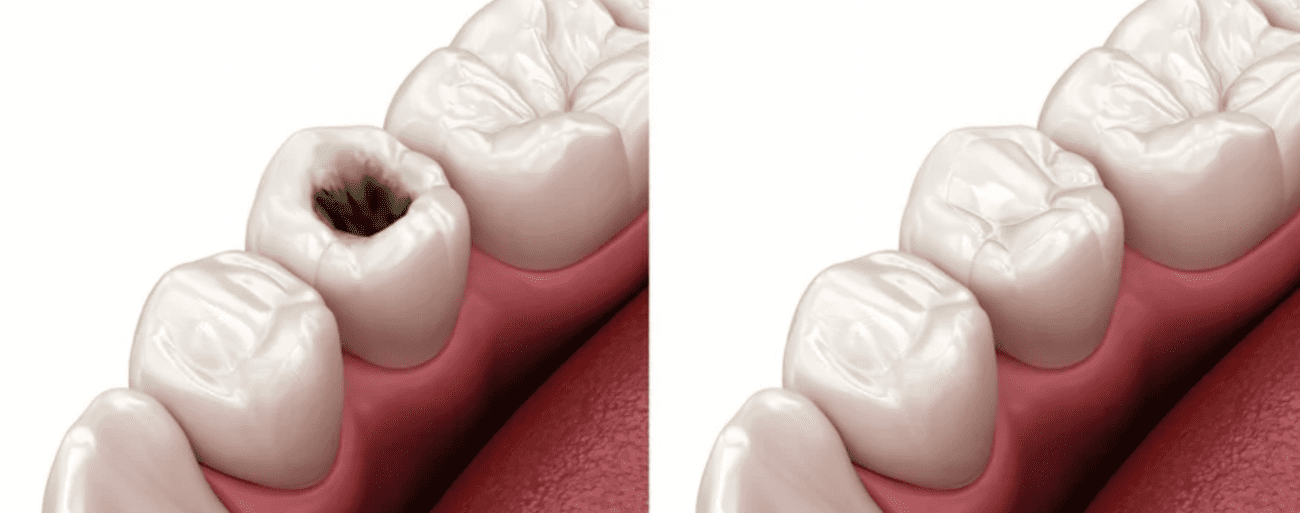
What is a dental filling and why is it needed?
05 Jun, 2025 -
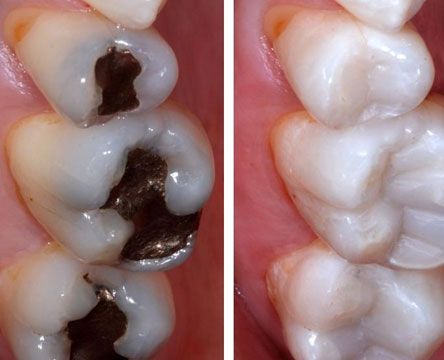
What types of materials are used for fillings?
05 Jun, 2025 -
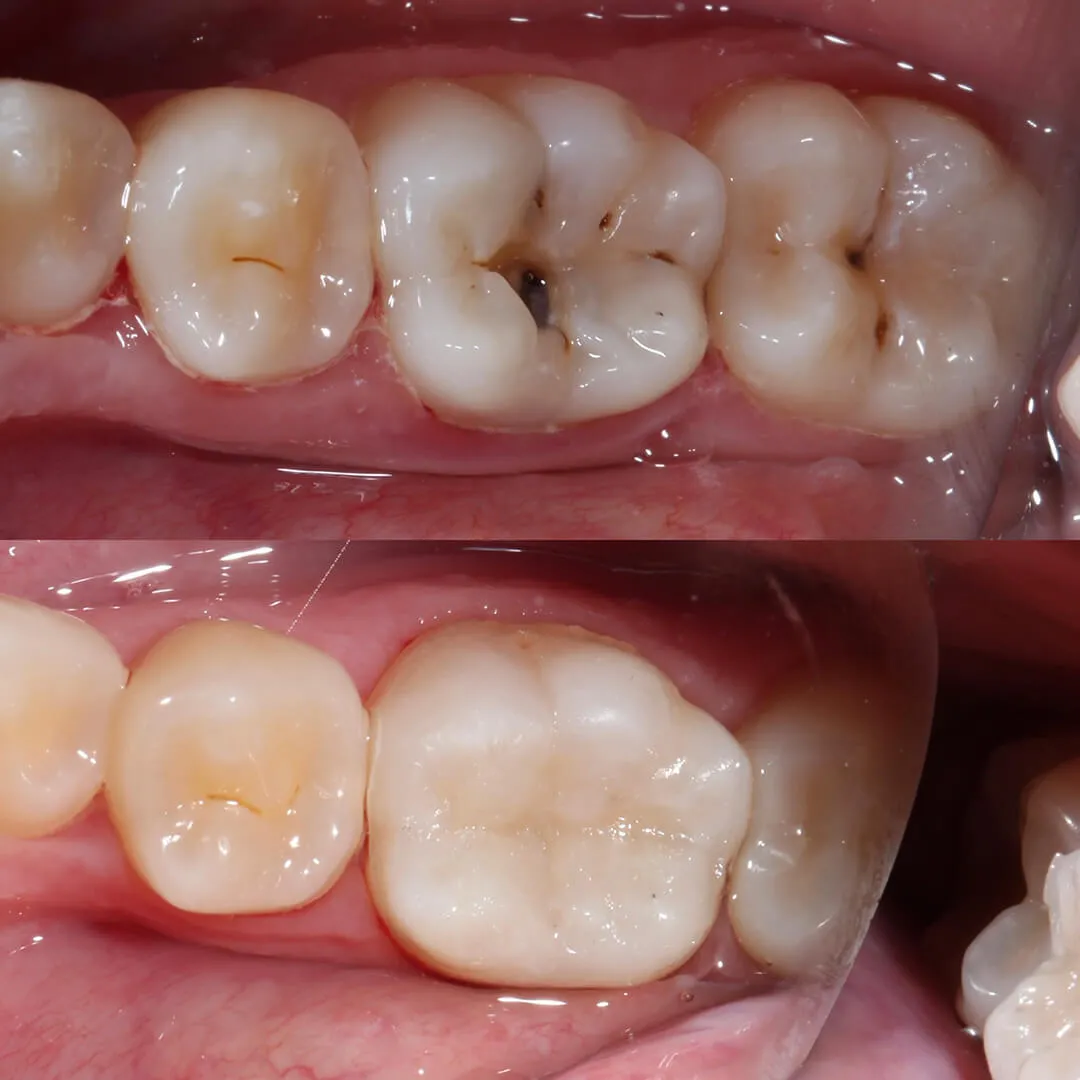
How long does a filling last?
05 Jun, 2025 -
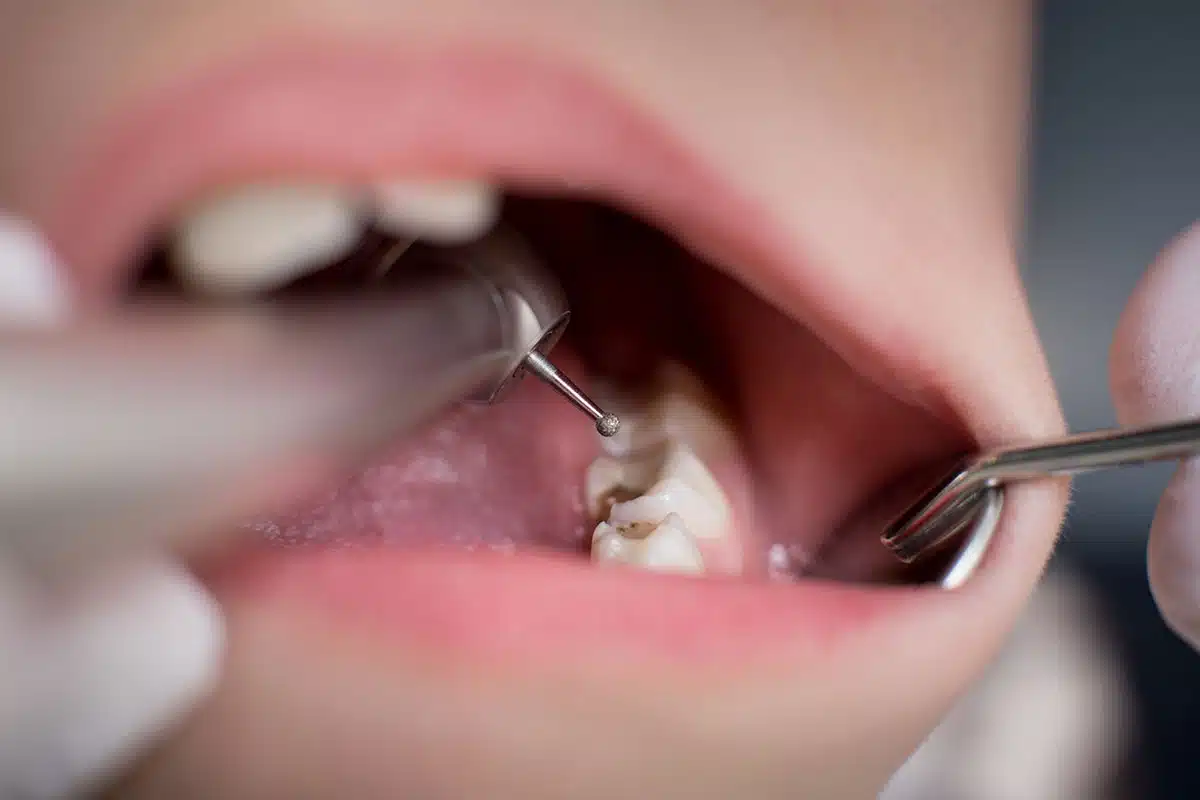
Is the filling procedure painful?
05 Jun, 2025 -
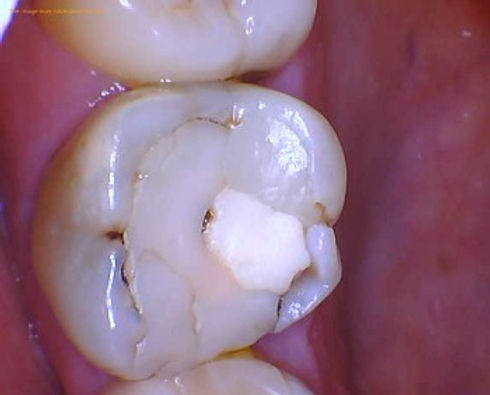
Can fillings fall out or break?
05 Jun, 2025 -
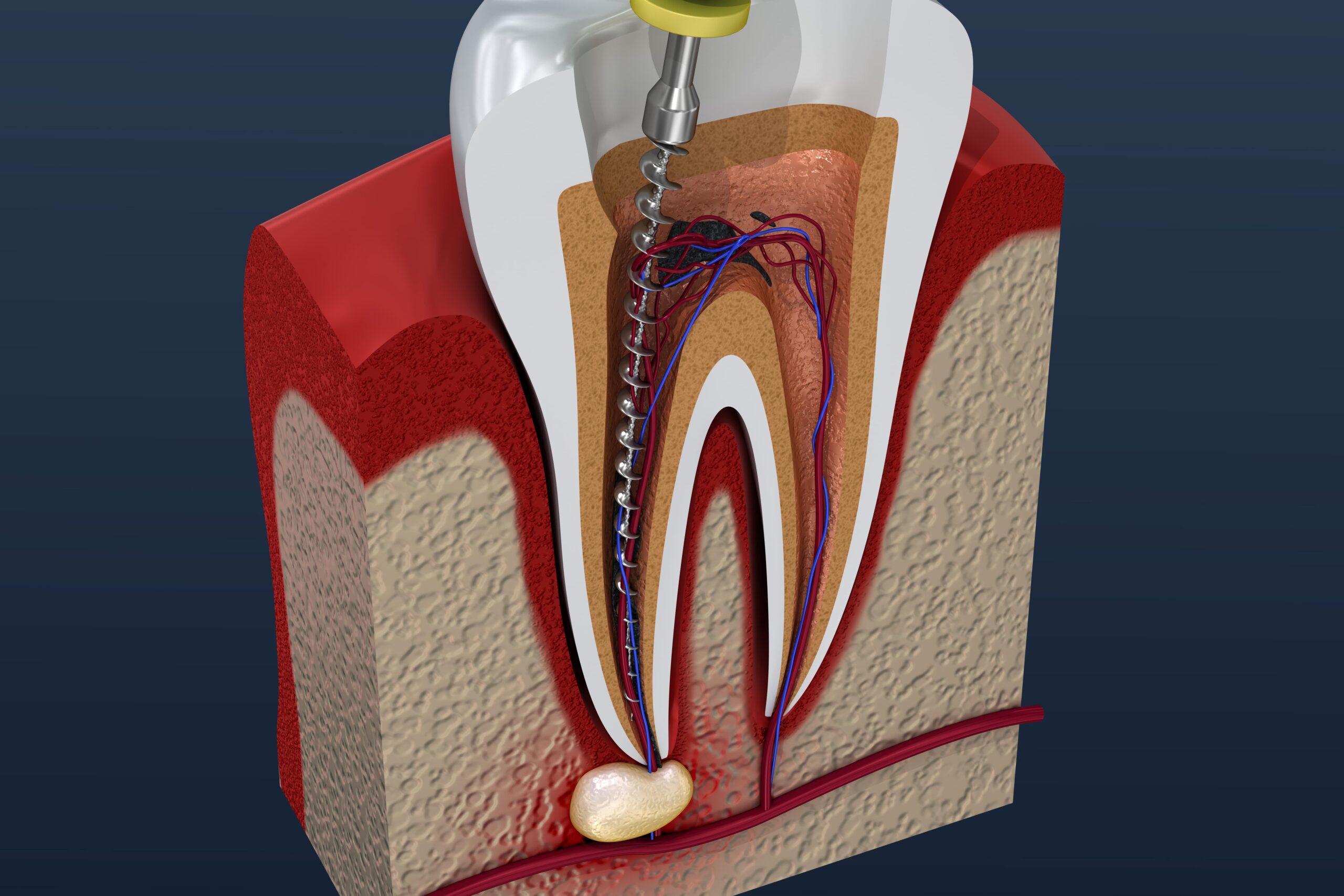
What is a root canal treatment?
05 Jun, 2025 -
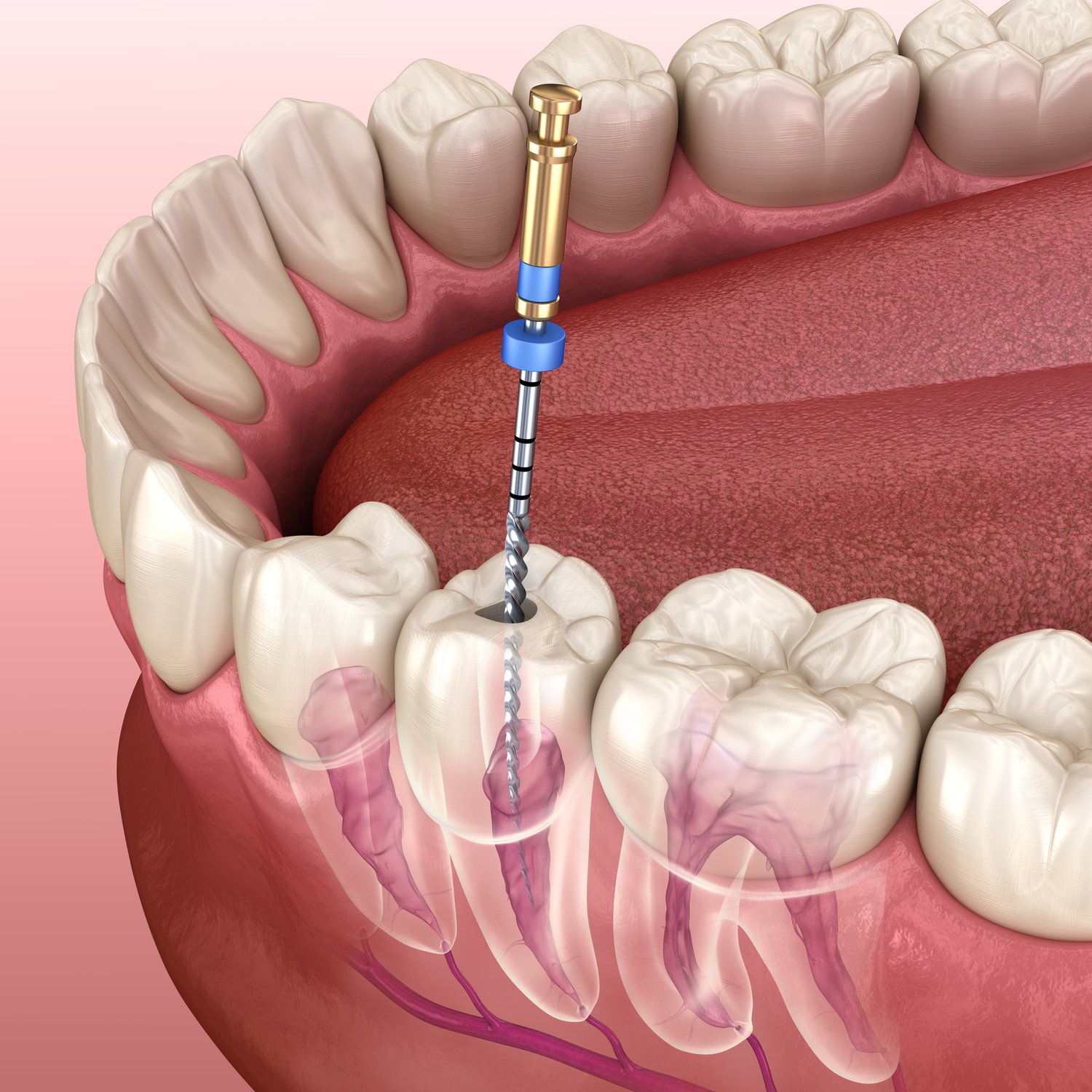
Does a root canal hurt?
05 Jun, 2025 -
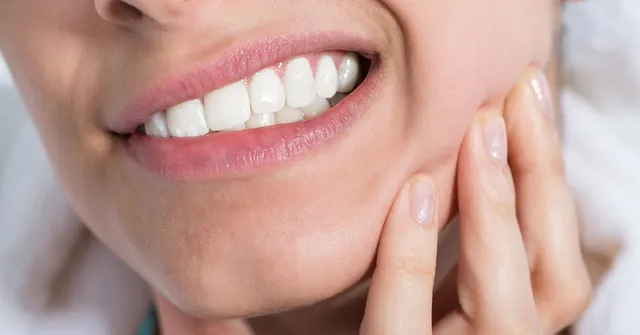
How do I know if I need a root canal?
05 Jun, 2025 -
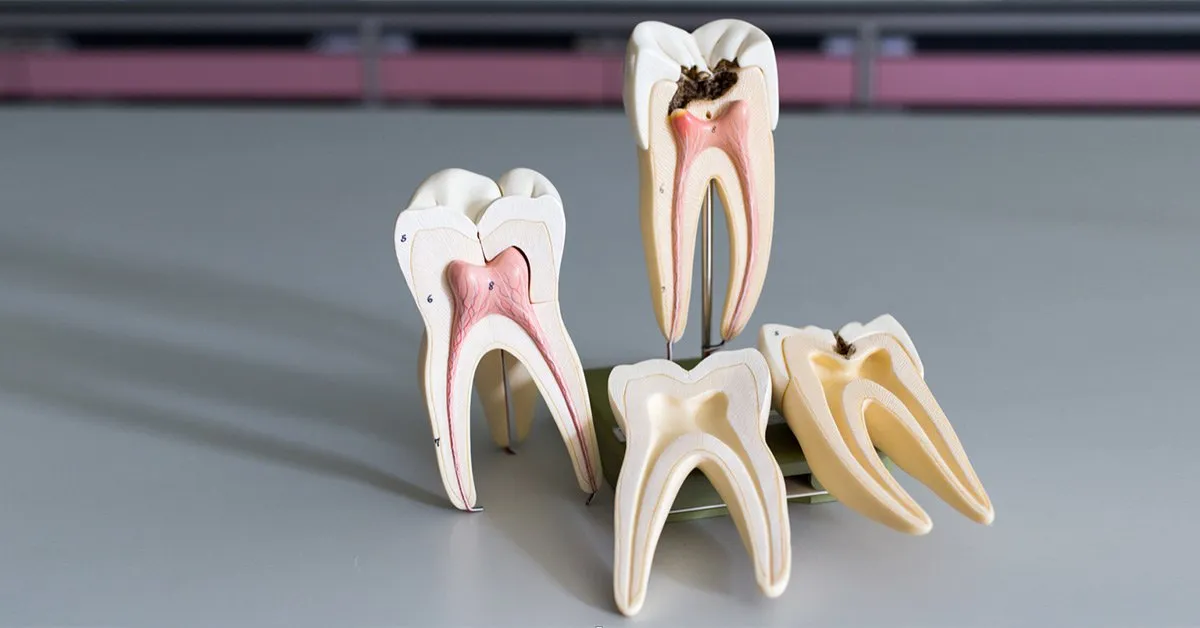
Is the tooth dead after a root canal?
05 Jun, 2025 -
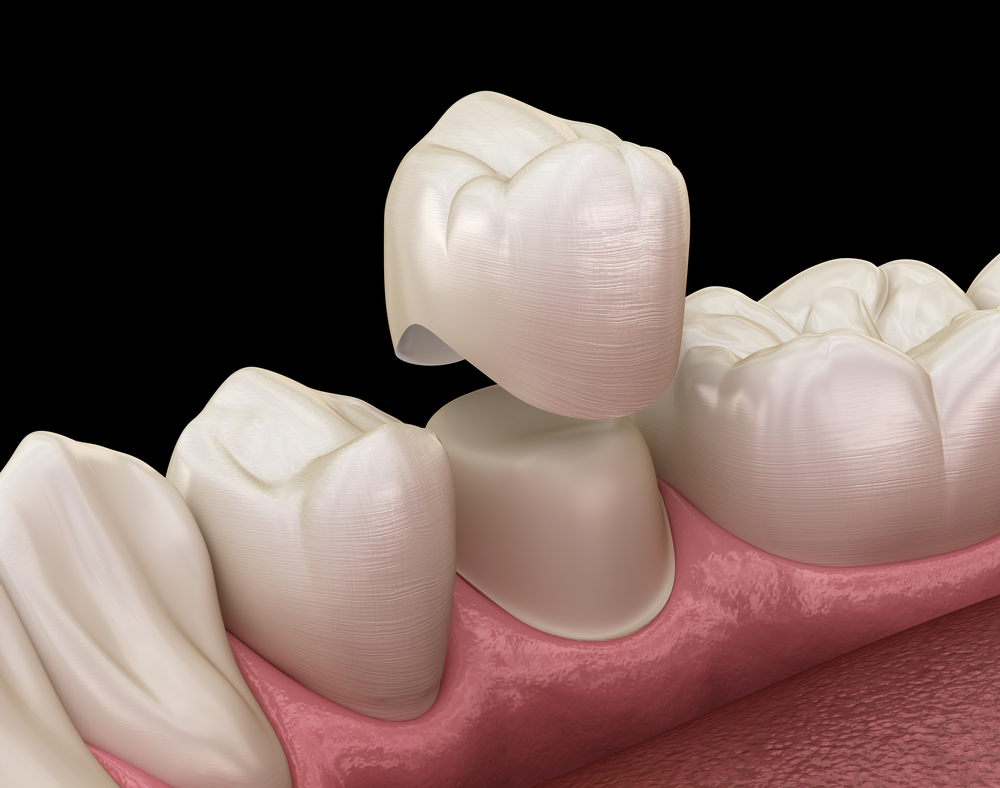
Why is a crown needed after a root canal?
05 Jun, 2025 -
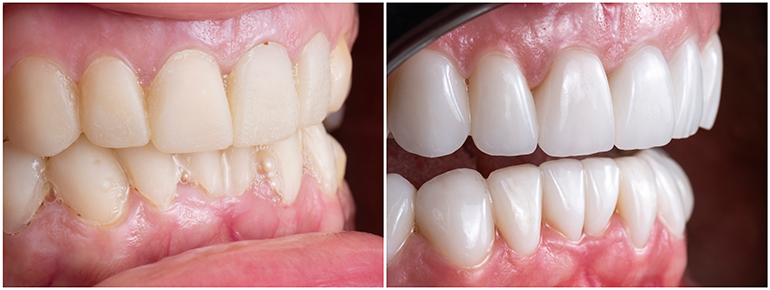
What is cosmetic dentistry?
05 Jun, 2025 -
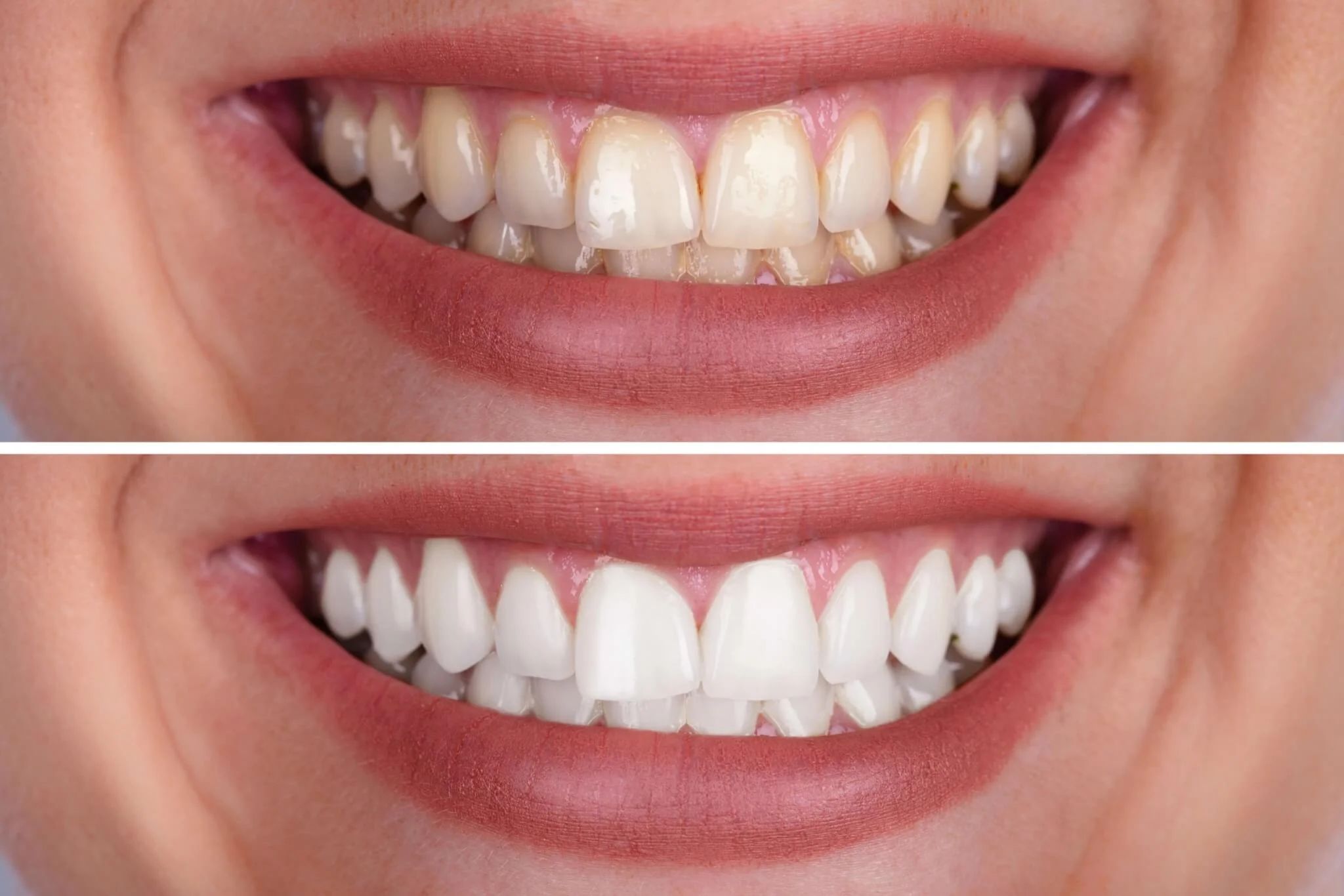
How long does teeth whitening last?
05 Jun, 2025 -
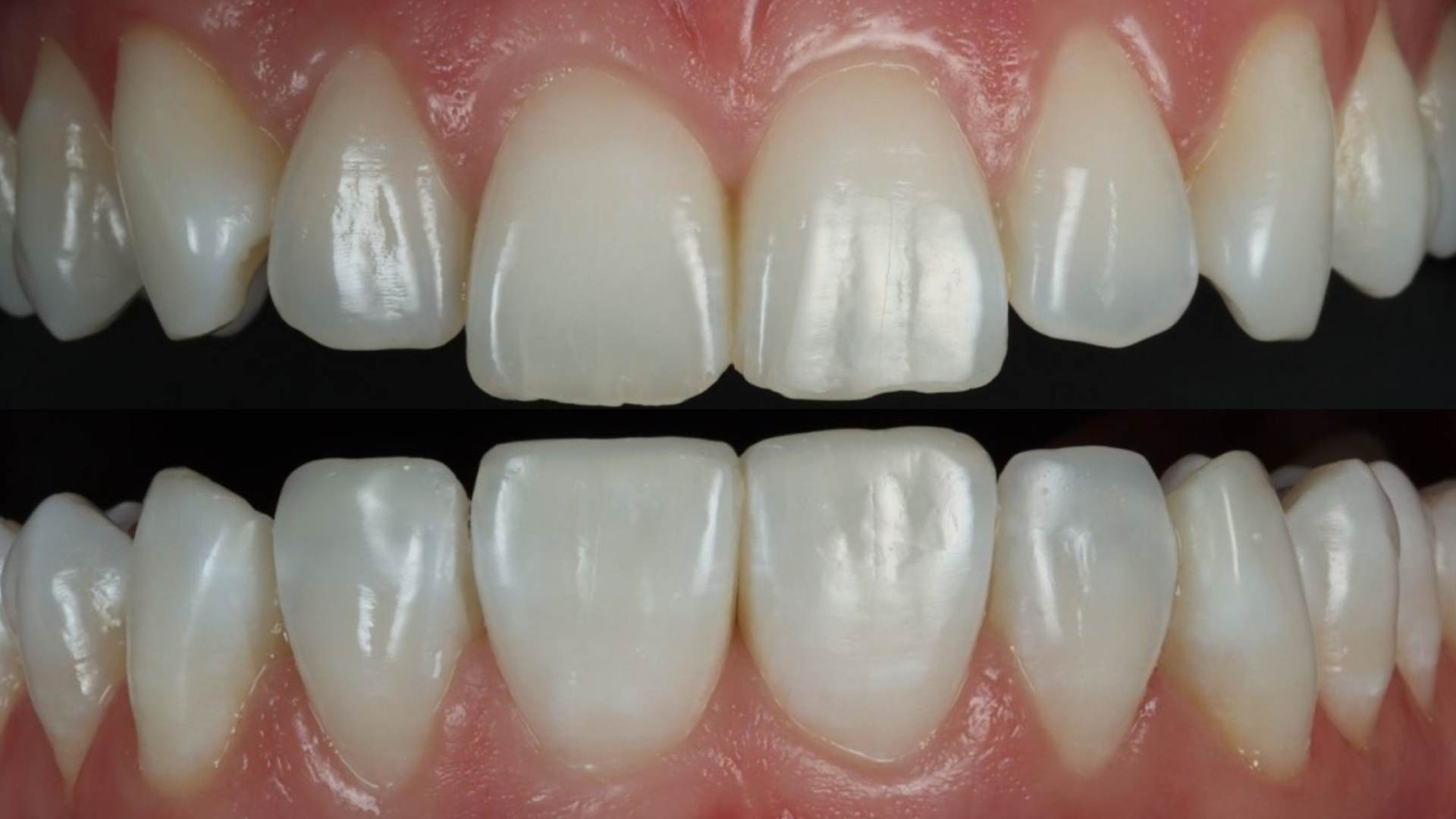
What’s the difference between bonding and veneers?
05 Jun, 2025 -
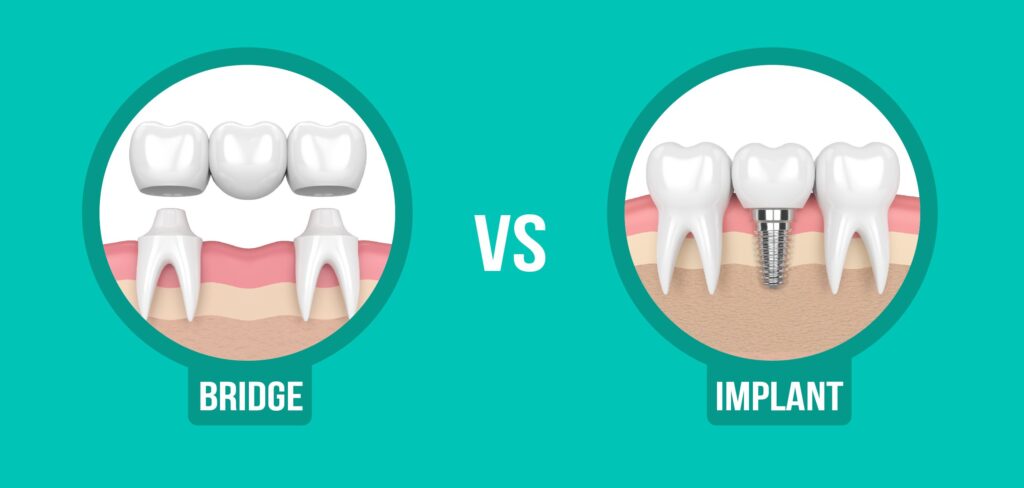
Is a dental implant better than a bridge?
05 Jun, 2025 -
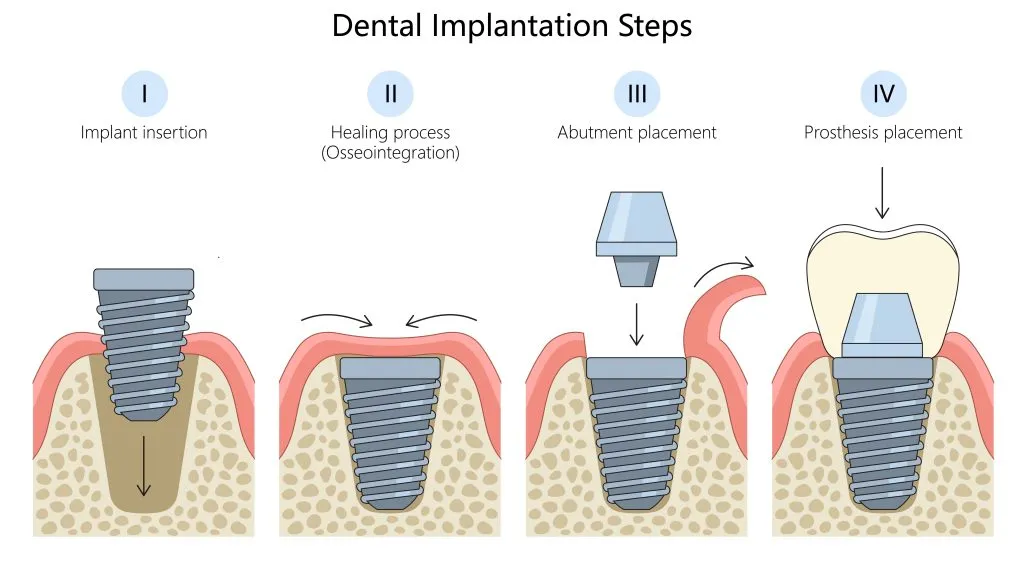
-
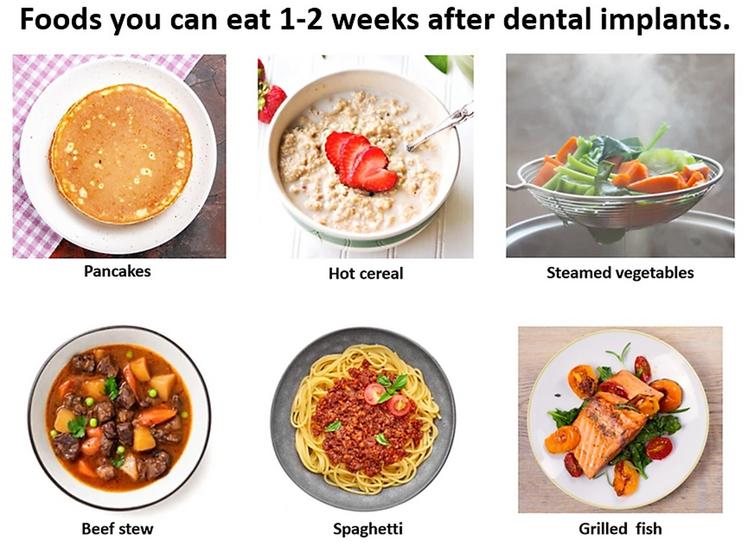
Will I be able to eat normally with dental implants?
05 Jun, 2025 -
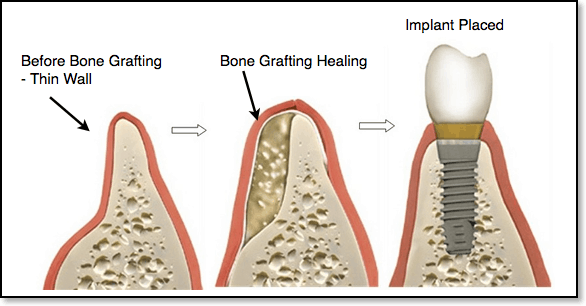
Is bone grafting always needed for implants?
05 Jun, 2025 -
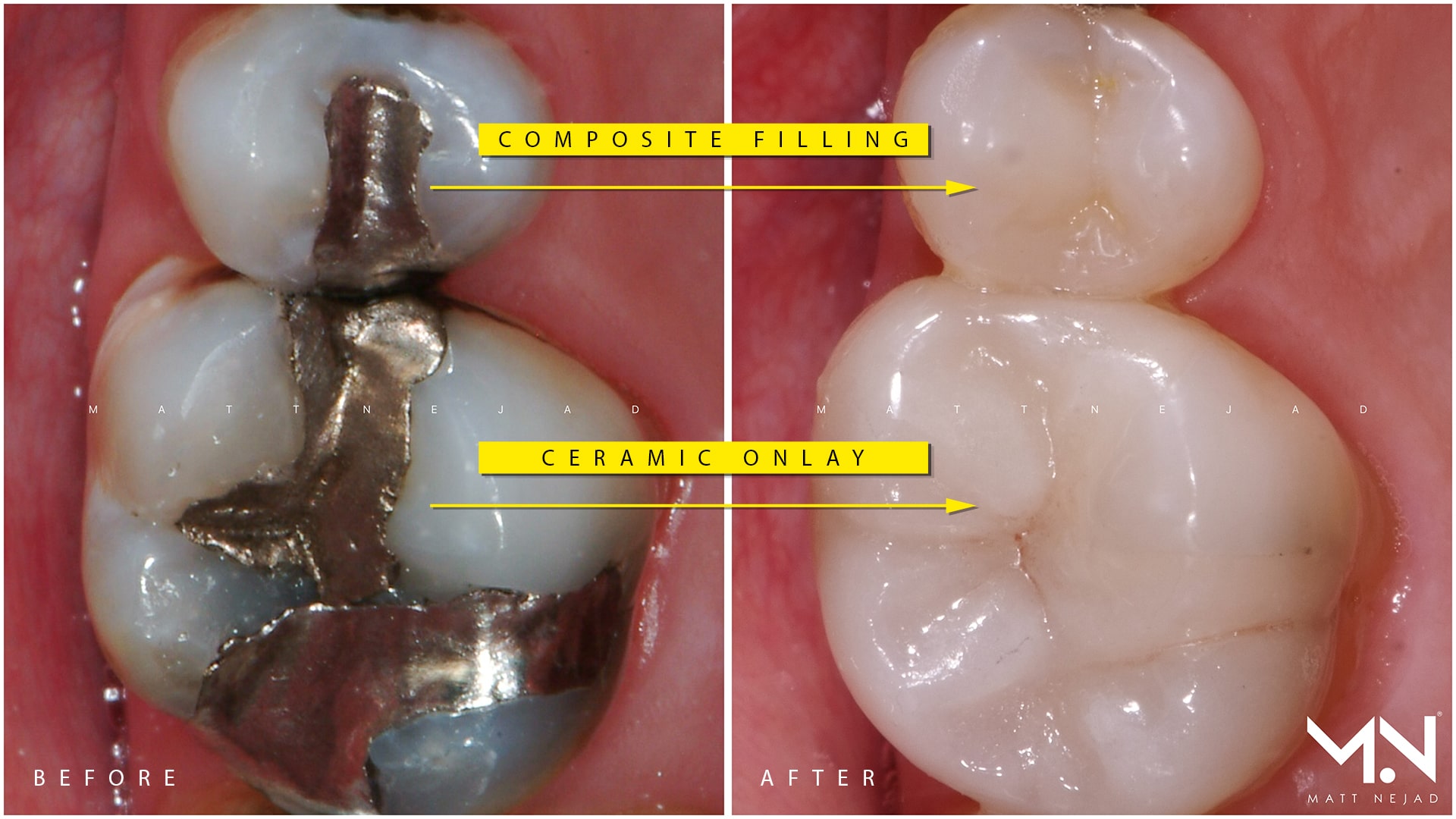
-
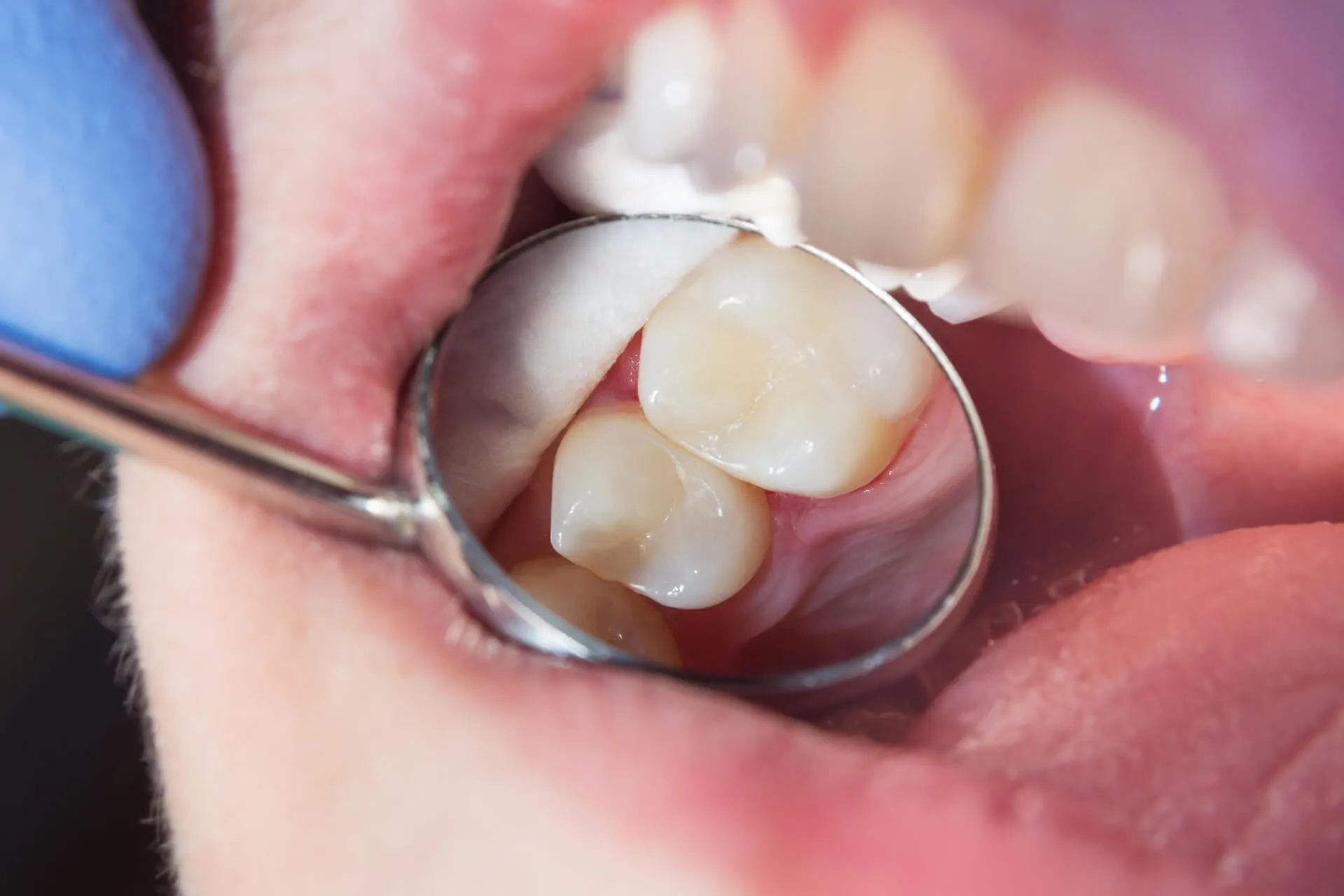
Do fillings hurt after they’re placed?
05 Jun, 2025 -
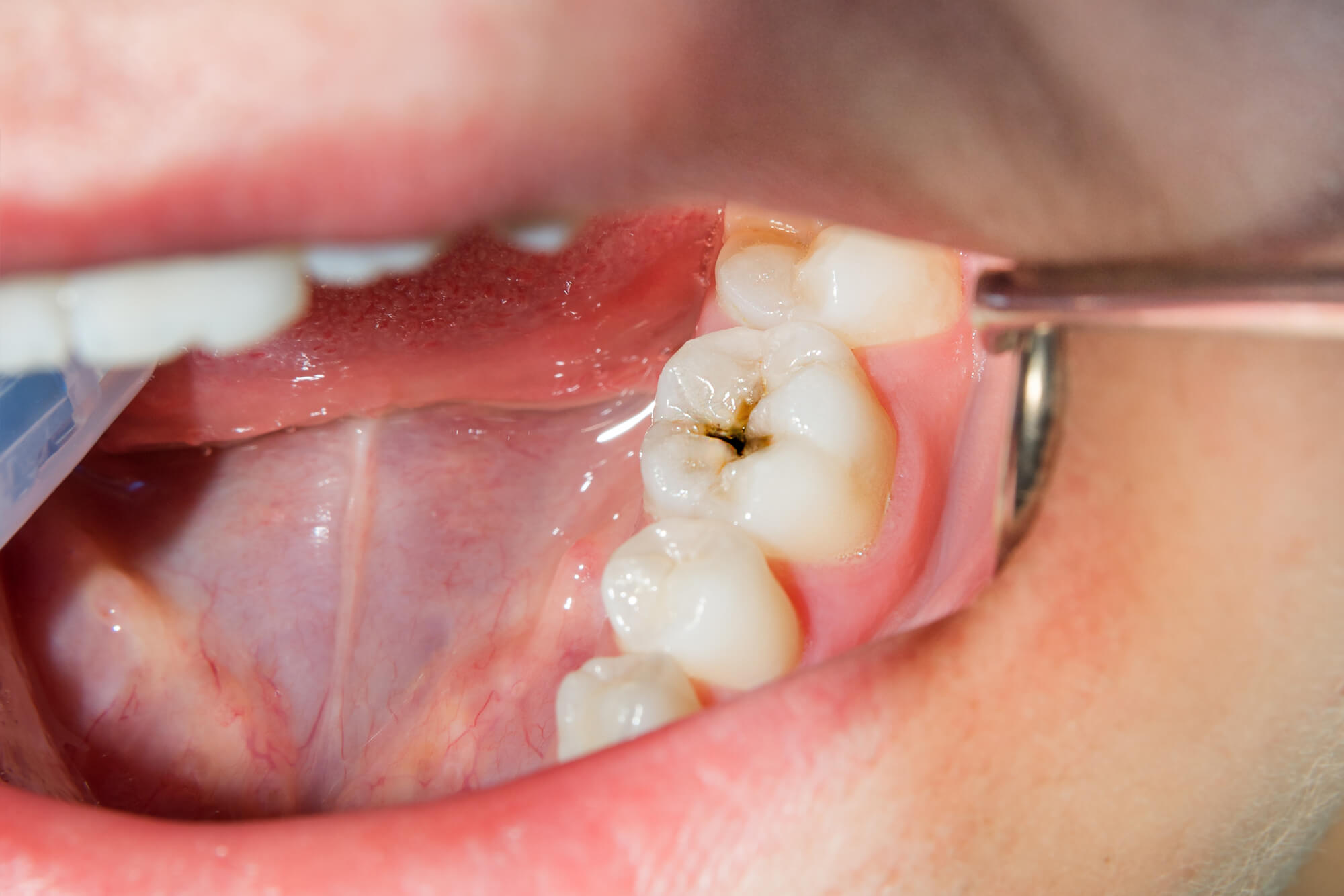
How do I know if I need a filling?
05 Jun, 2025 -
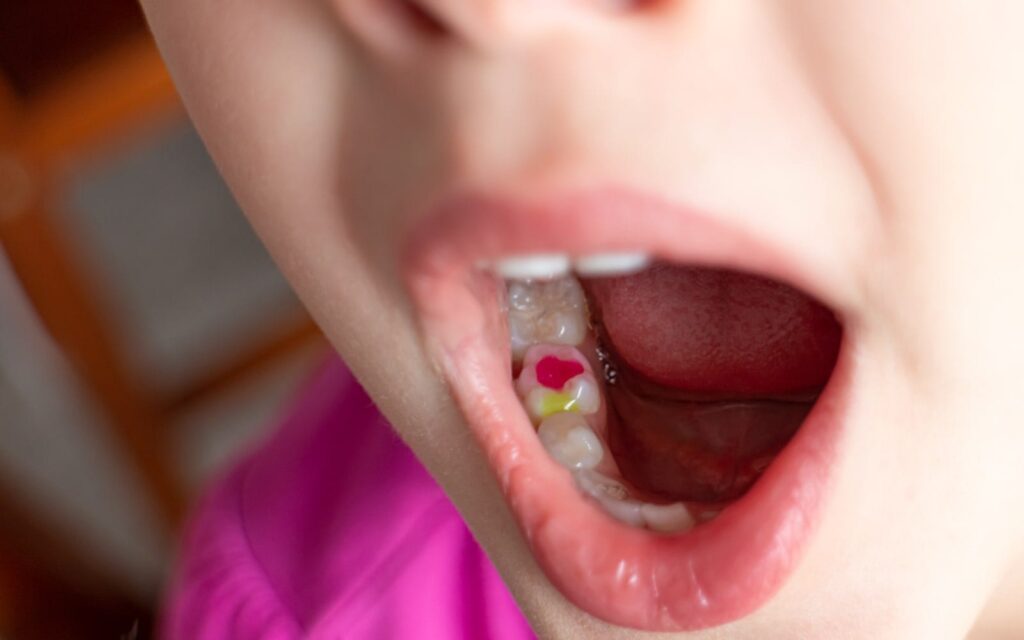
Can children get tooth-colored fillings too?
05 Jun, 2025 -
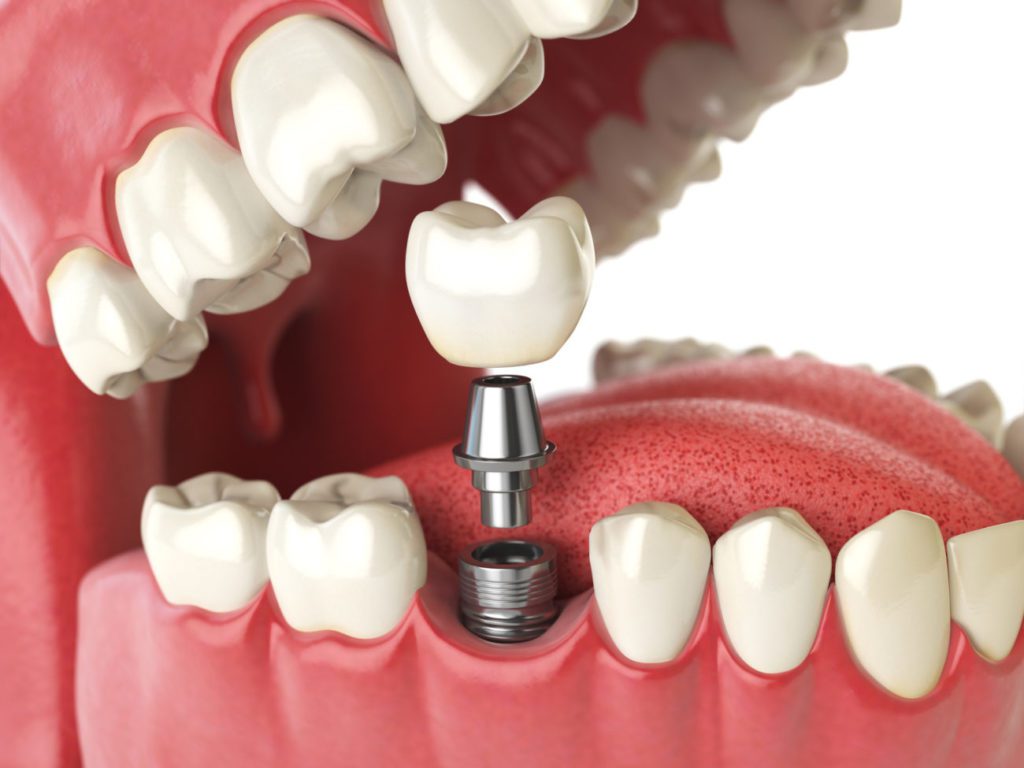
Do I need a bridge if I’m missing just one tooth?
05 Jun, 2025 -
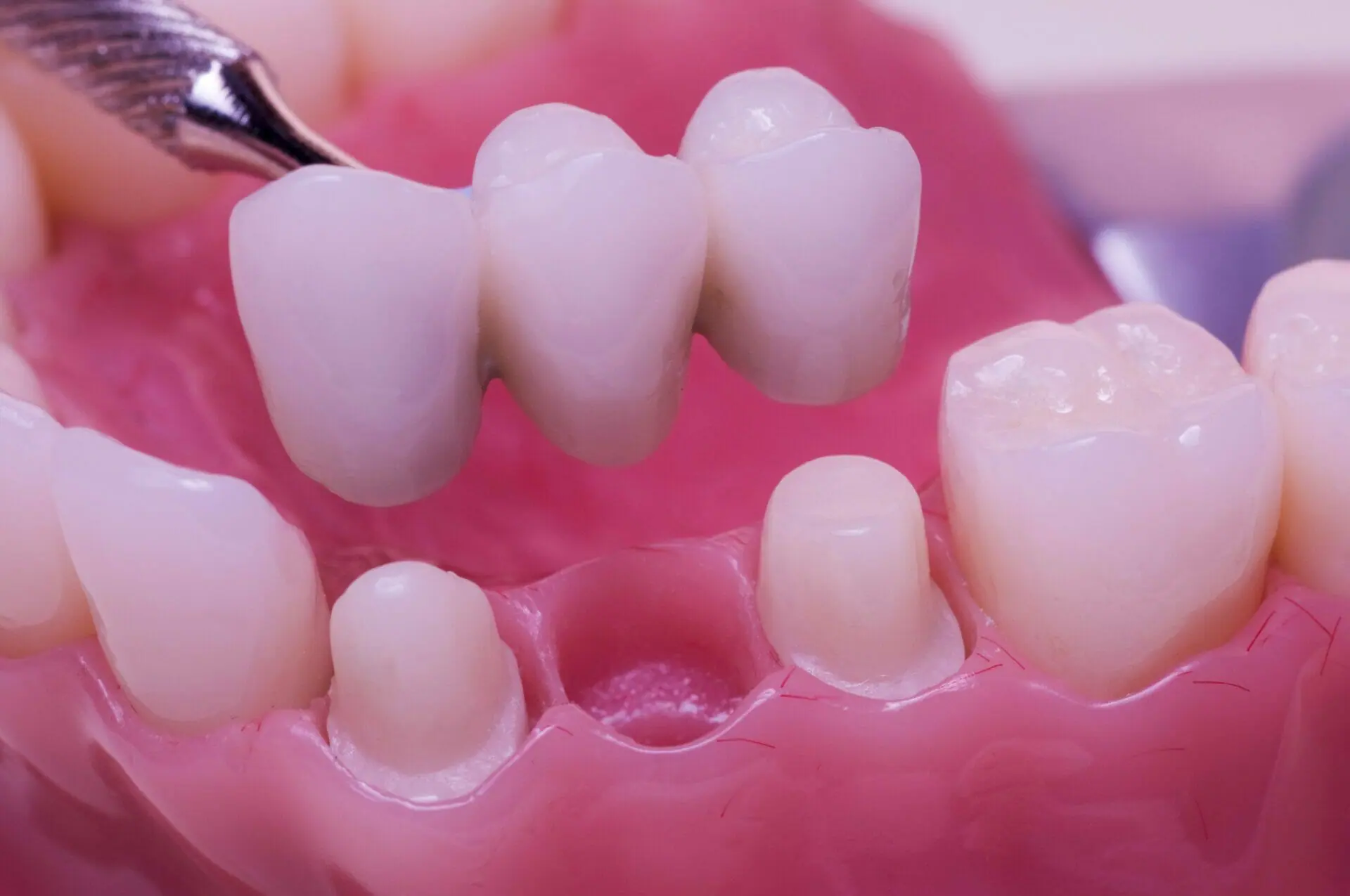
Can a bridge feel like a natural tooth?
05 Jun, 2025 -
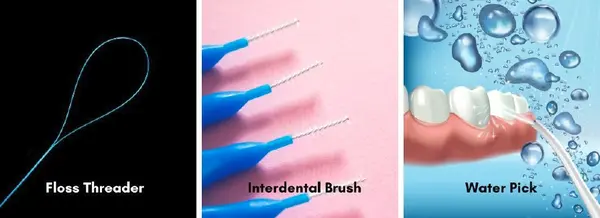
How do I clean around a dental bridge?
05 Jun, 2025 -

Can I eat normally with a dental bridge?
05 Jun, 2025 -
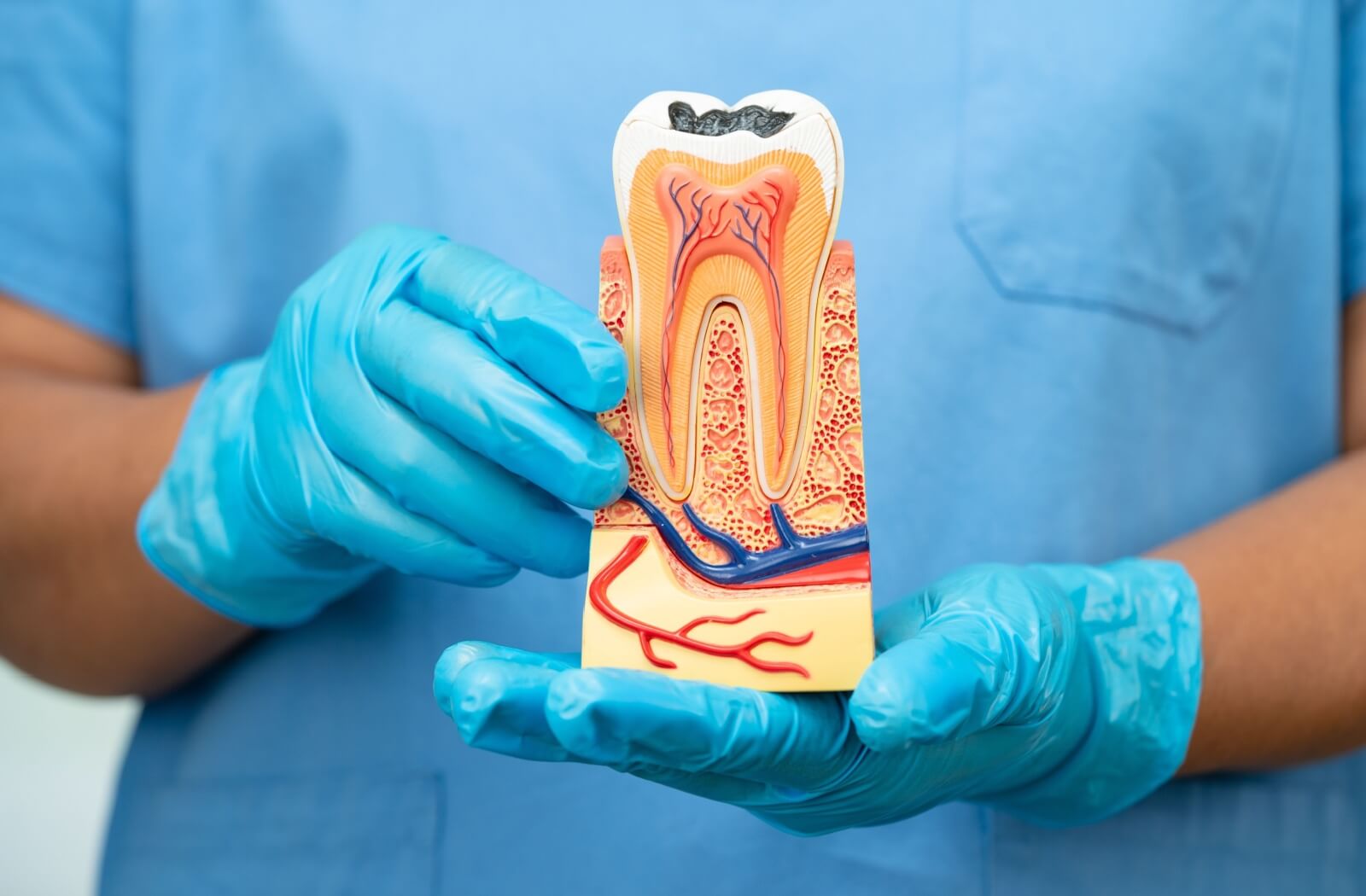
How long does a root canal procedure take?
05 Jun, 2025 -
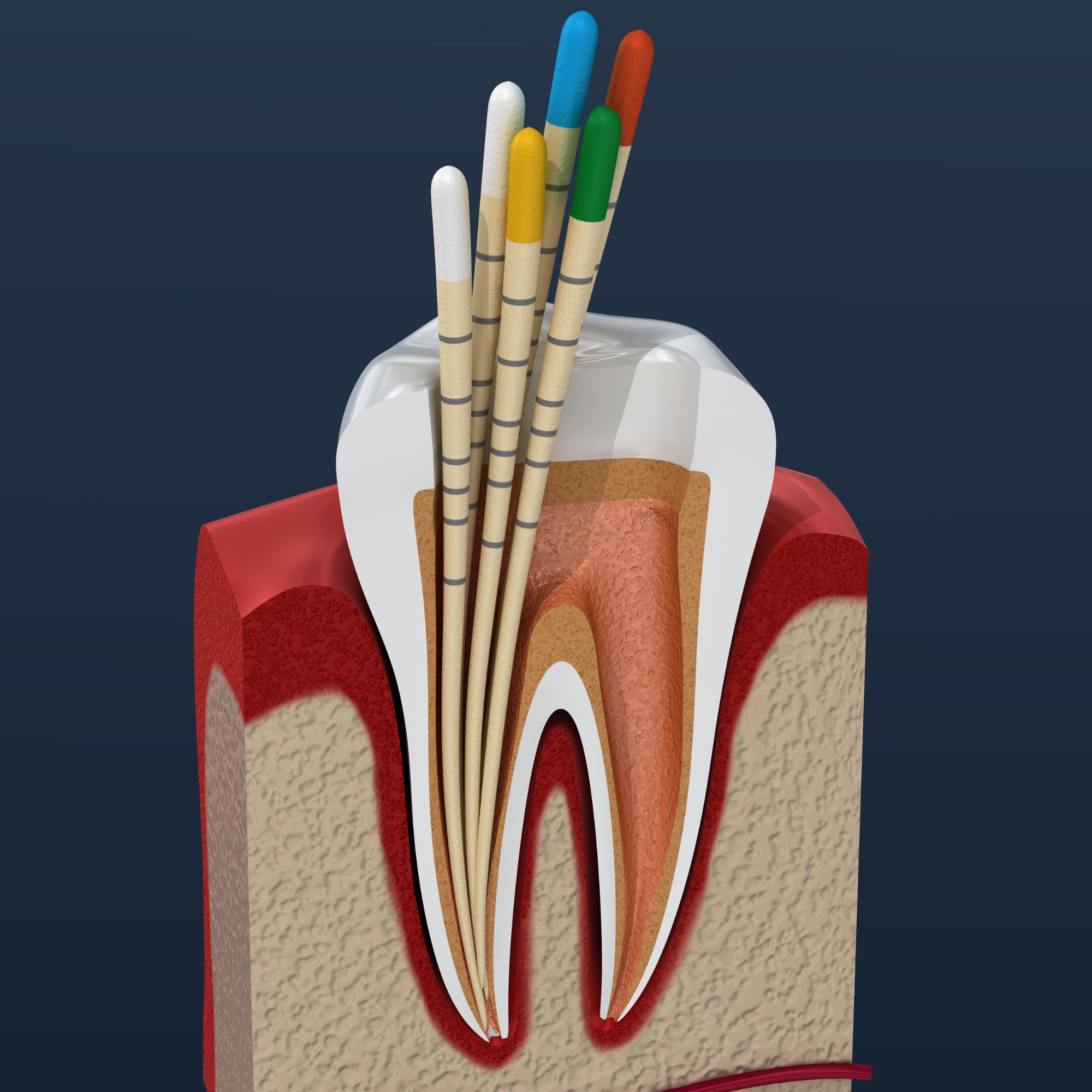
What happens after a root canal?
05 Jun, 2025 -
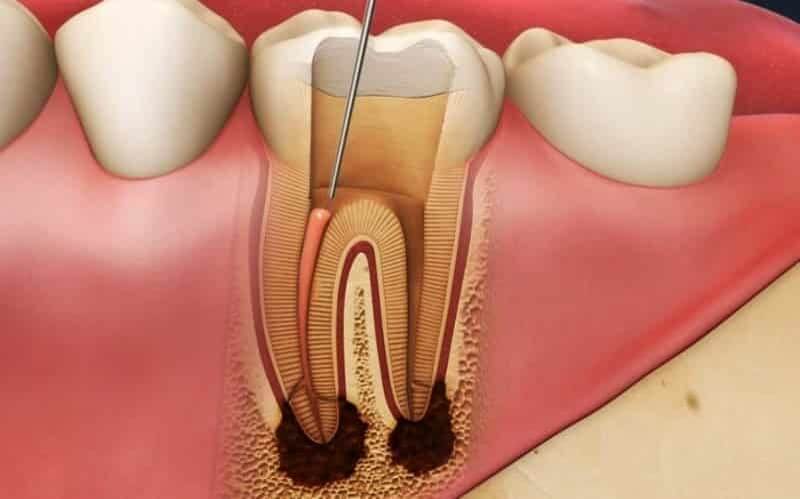
Can a root canal fail?
05 Jun, 2025 -
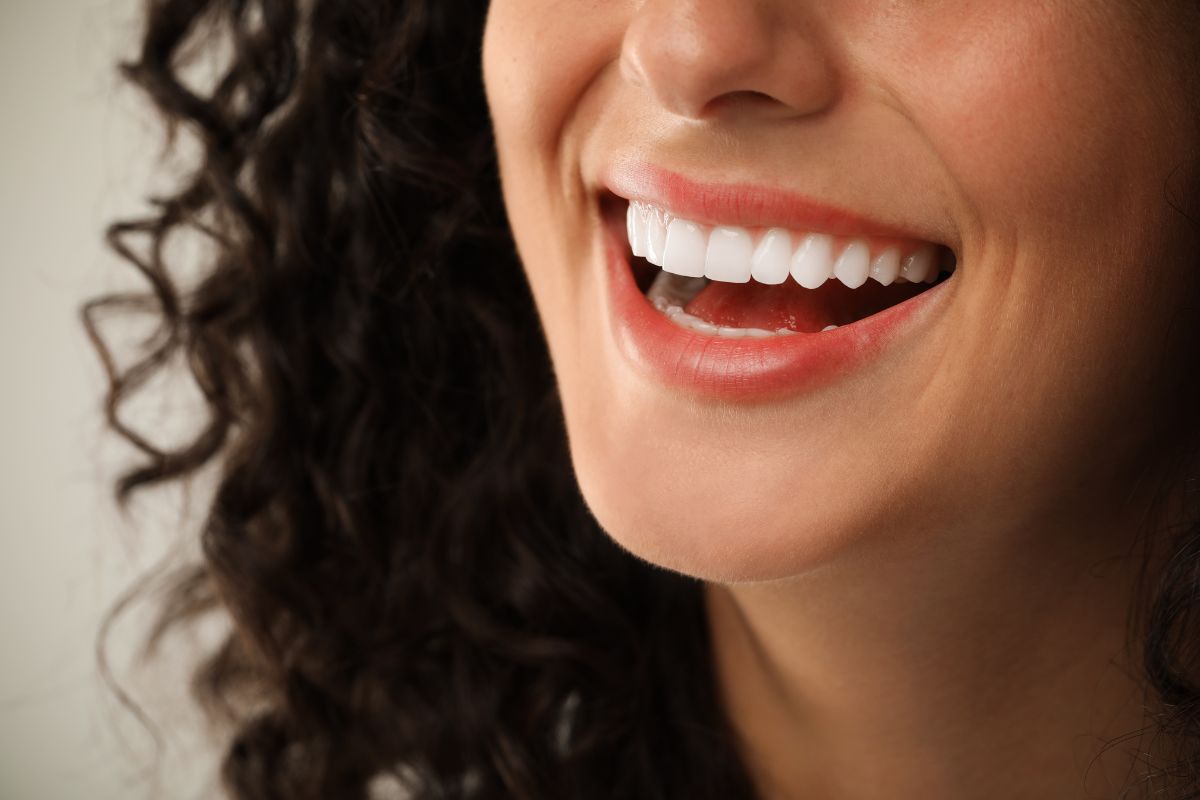
Is cosmetic dentistry only about appearance?
05 Jun, 2025 -
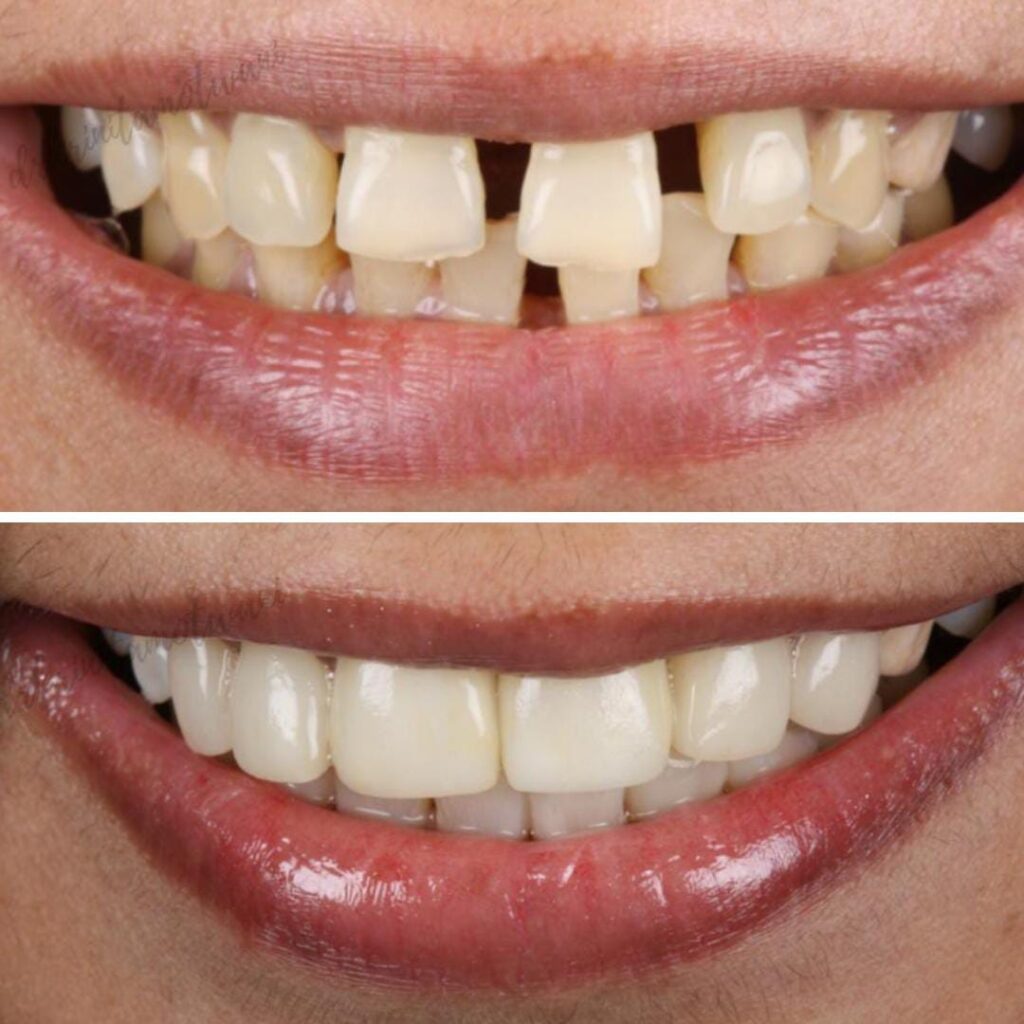
Can cosmetic dentistry fix gaps between teeth?
05 Jun, 2025 -
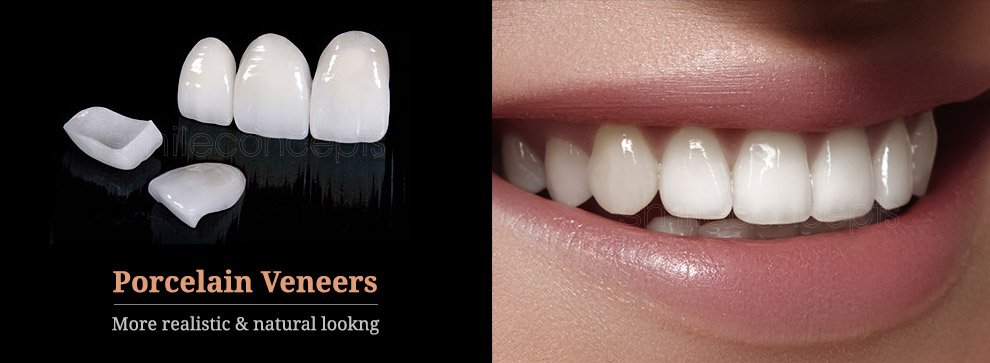
Are veneers permanent?
05 Jun, 2025 -
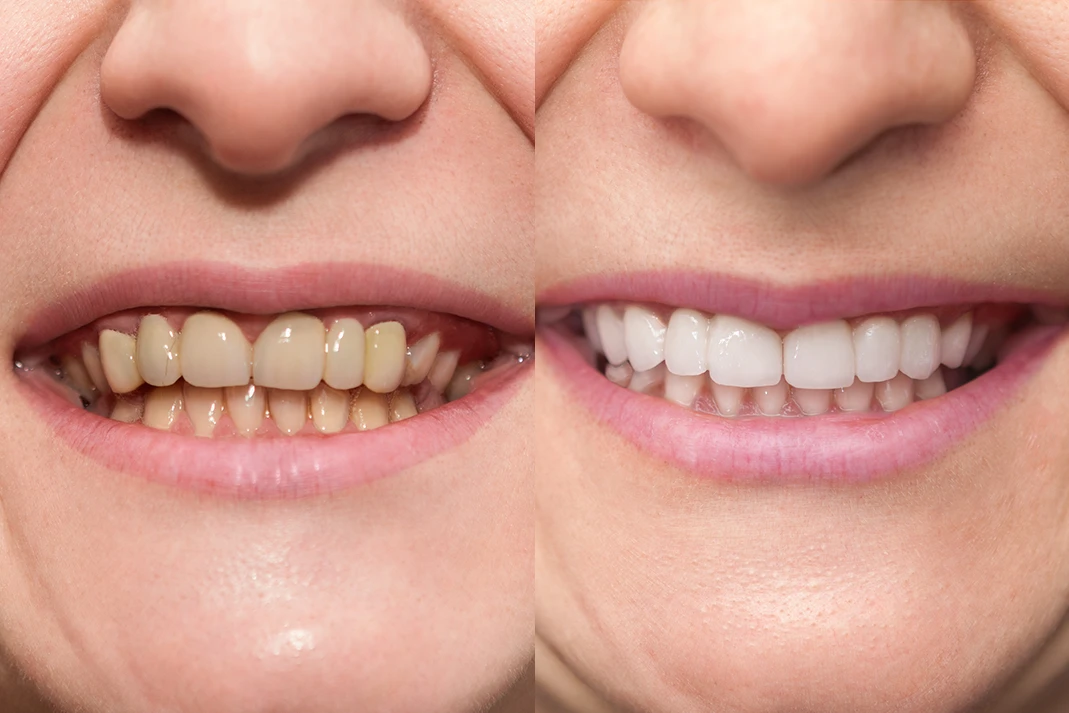
-
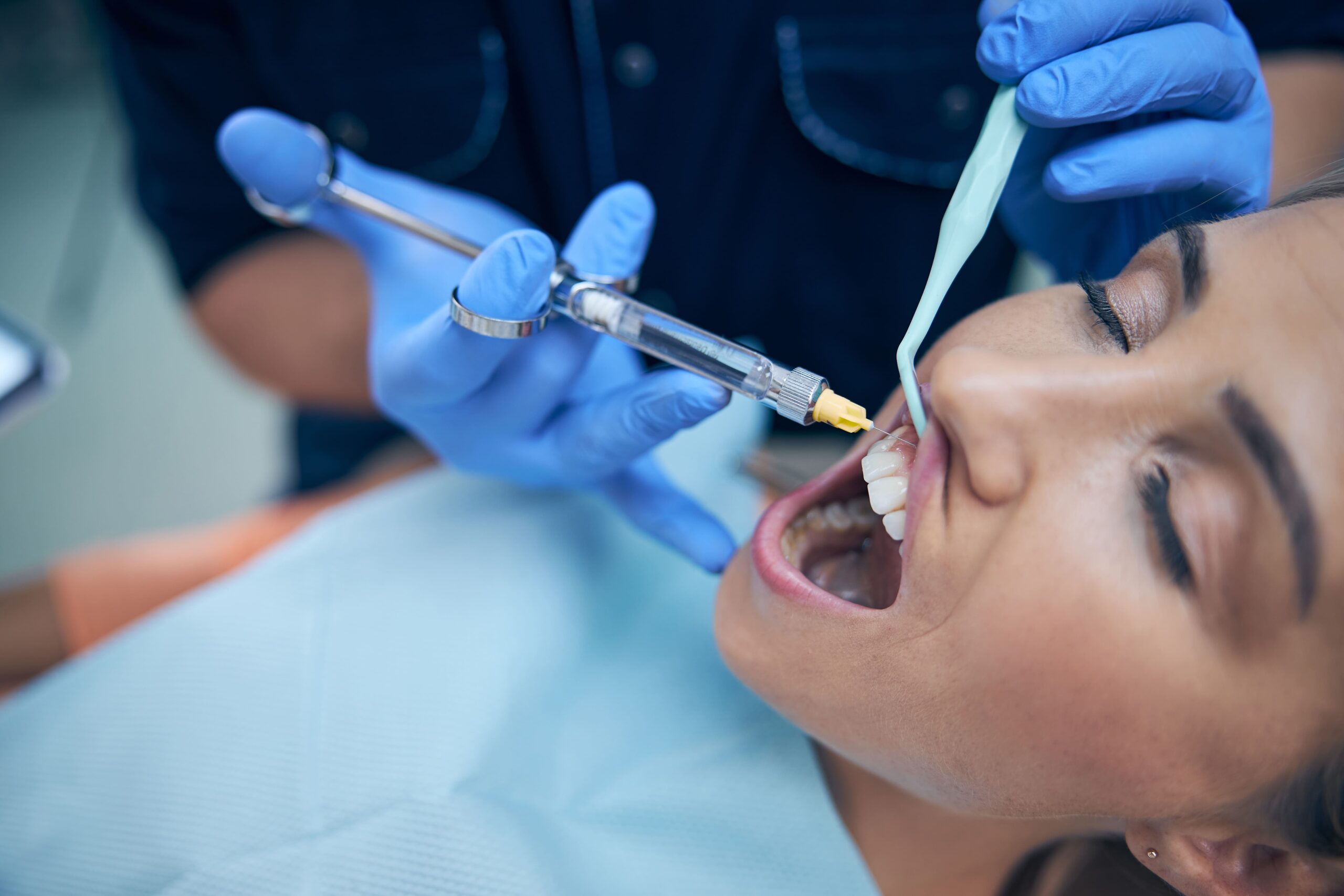
Will I be awake during my dental procedure?
05 Jun, 2025 -
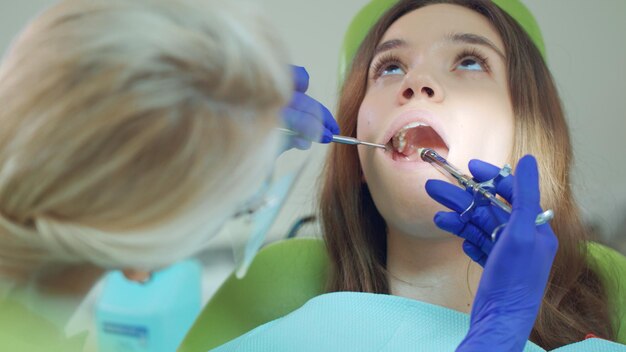
Is dental anesthesia safe?
05 Jun, 2025 -
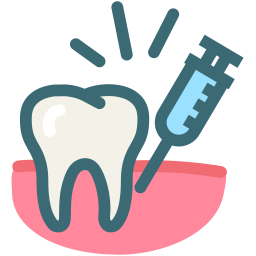
What are the side effects of dental anesthesia?
05 Jun, 2025 -

Can children safely receive dental anesthesia?
05 Jun, 2025 -
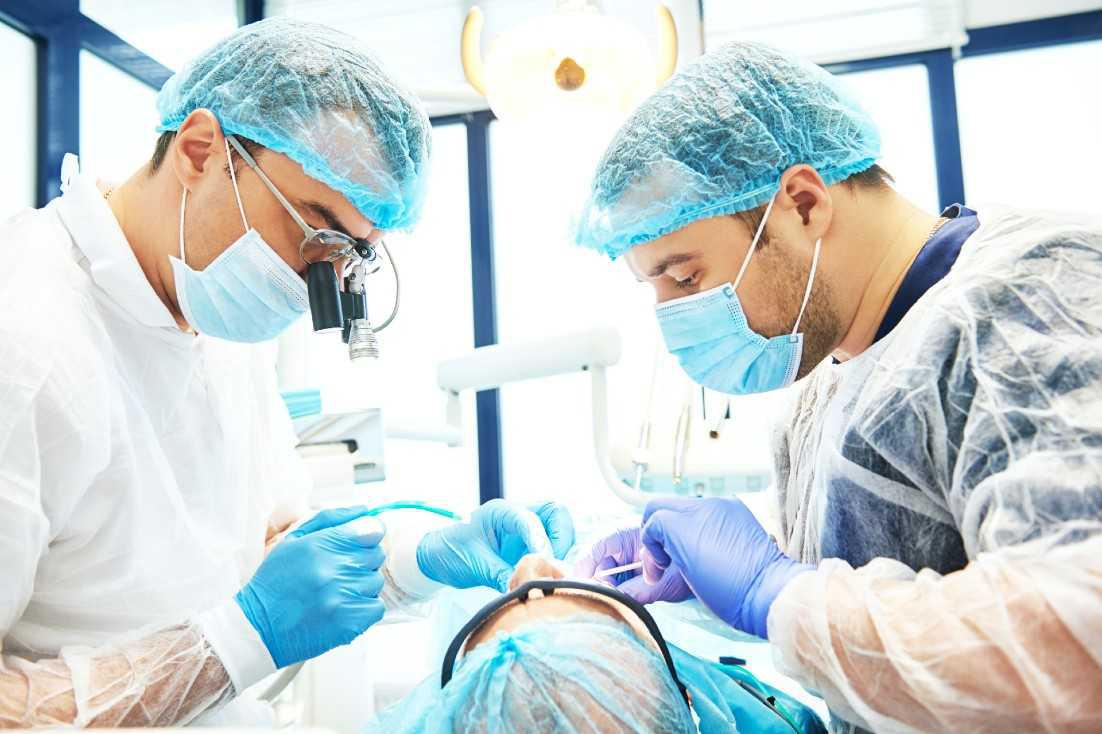
Do I need to be asleep for tooth extraction?
05 Jun, 2025 -

What are impacted wisdom teeth?
05 Jun, 2025 -
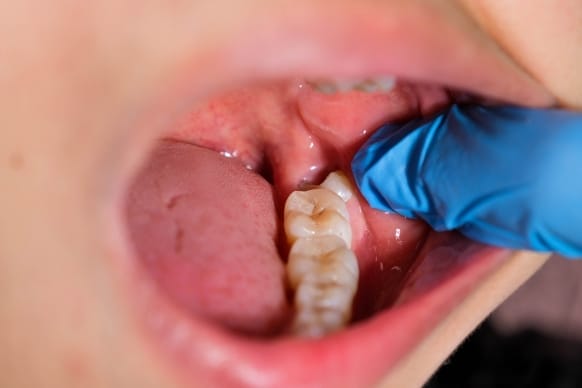
How long is the recovery after wisdom tooth surgery?
05 Jun, 2025 -
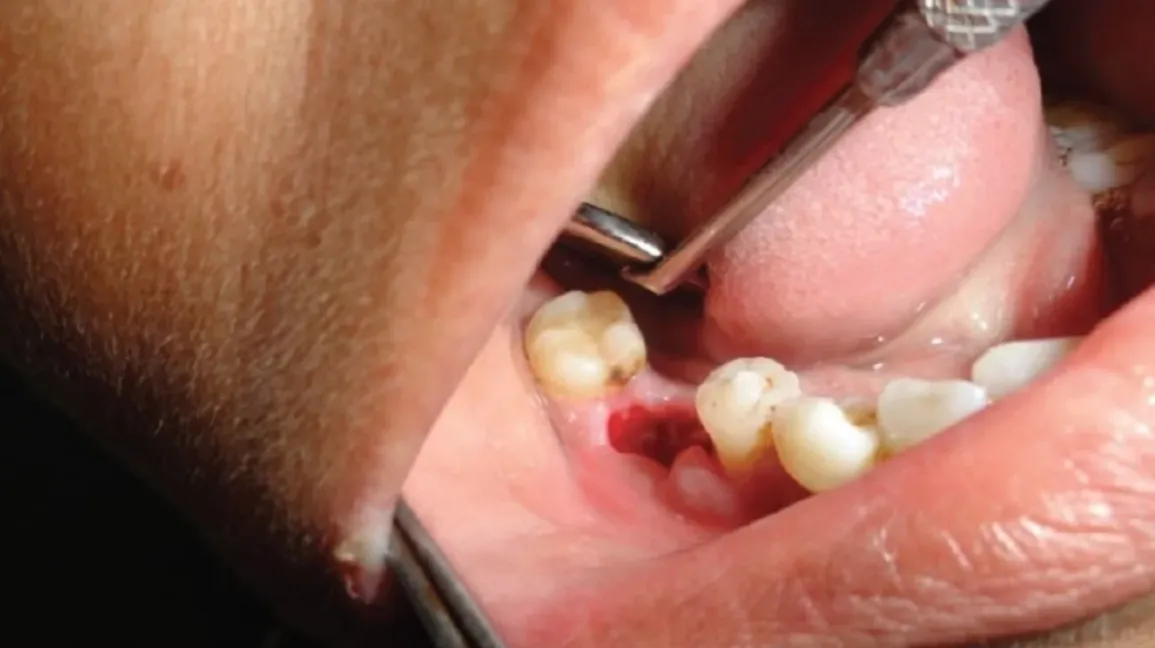
What is dry socket, and how can I avoid it?
05 Jun, 2025 -

Is jaw surgery only for cosmetic reasons?
05 Jun, 2025 -
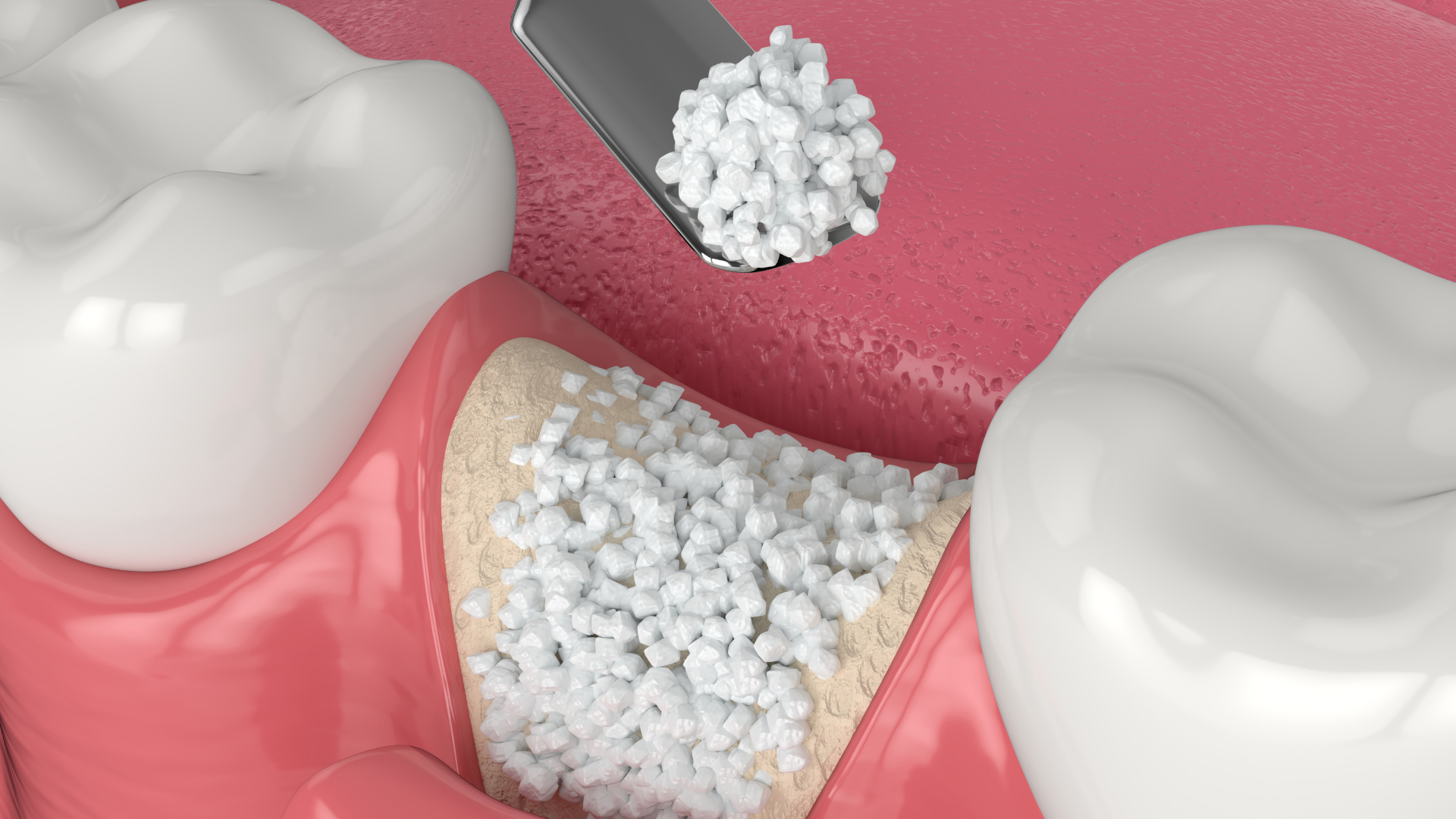
What is bone grafting in dentistry?
05 Jun, 2025 -
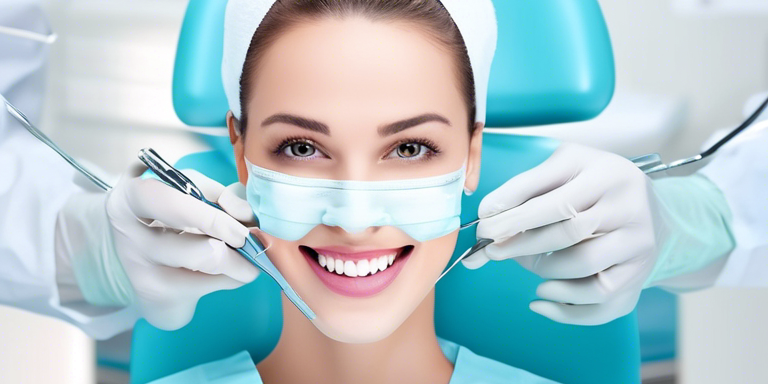
How painful is oral surgery?
05 Jun, 2025 -

Can I work the day after oral surgery?
05 Jun, 2025 -
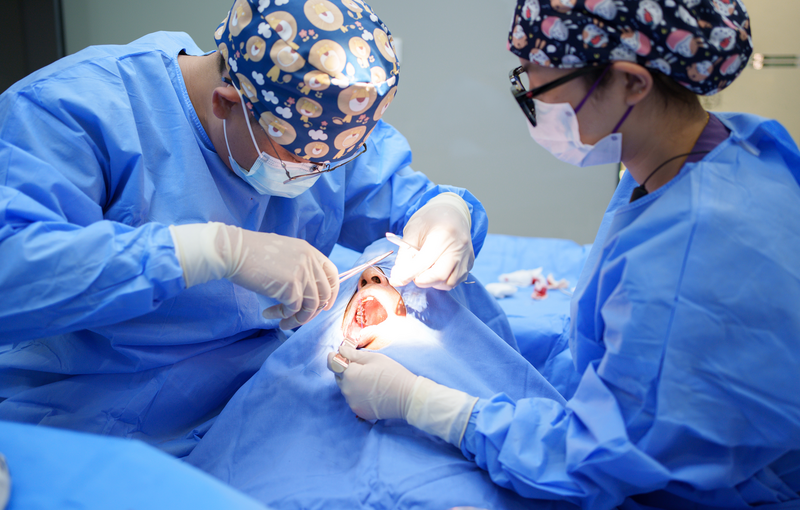
Is oral surgery safe?
05 Jun, 2025 -

At what age should my child see an orthodontist?
05 Jun, 2025 -
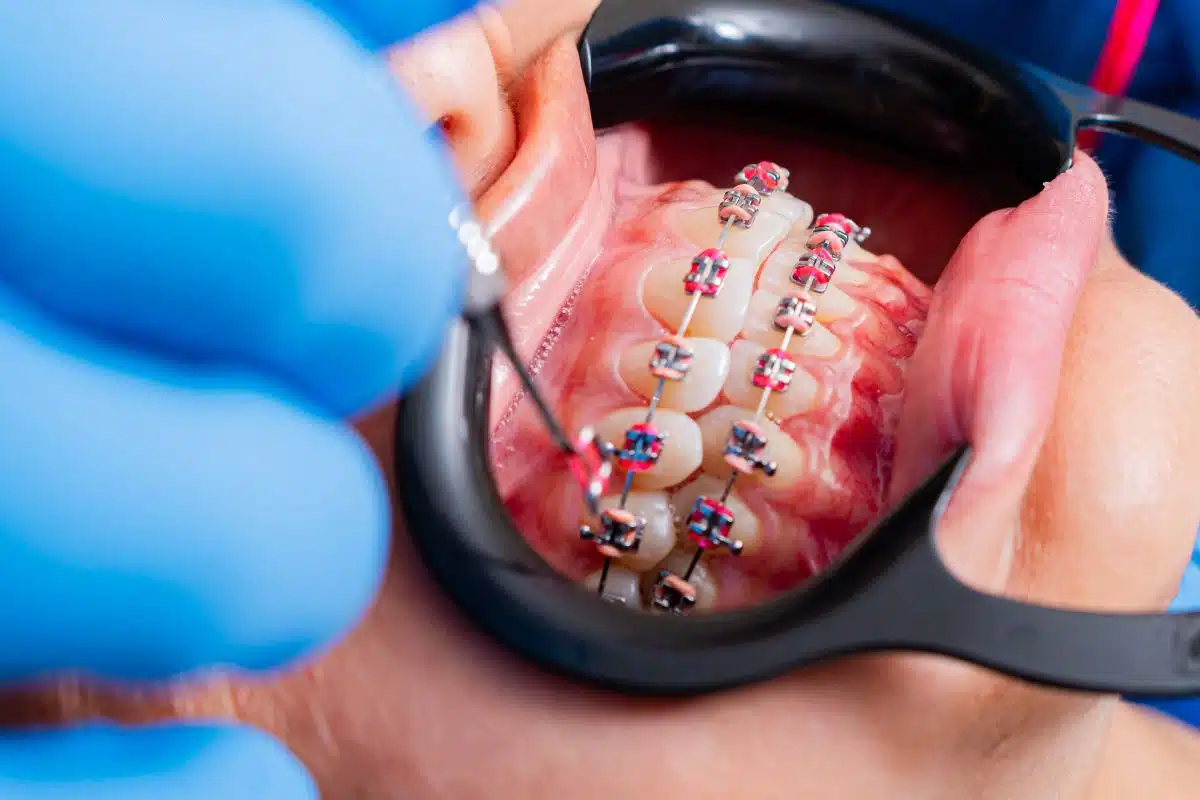
Do braces hurt?
05 Jun, 2025 -

How long does orthodontic treatment usually take?
05 Jun, 2025 -

-

Can adults get braces too?
05 Jun, 2025 -
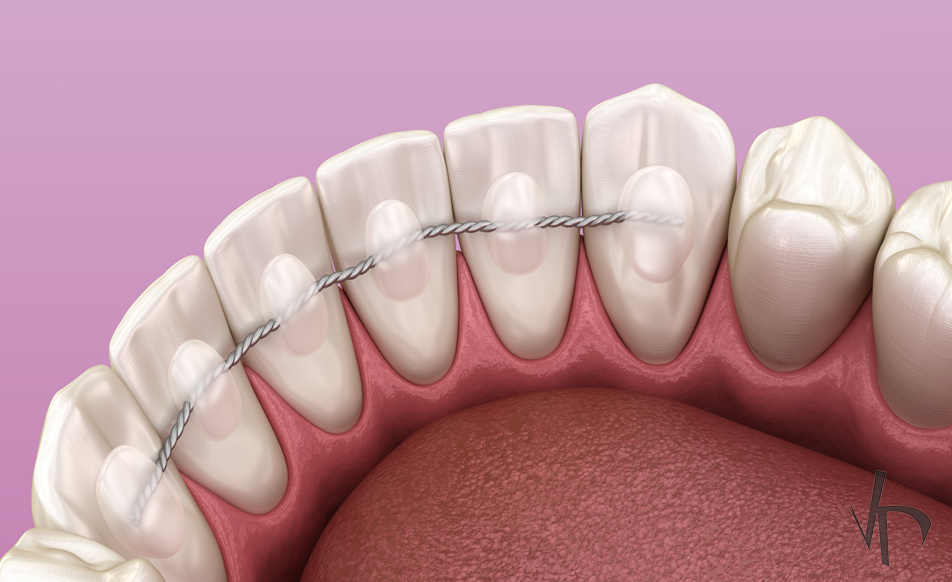
Will I need to wear a retainer after braces?
05 Jun, 2025 -
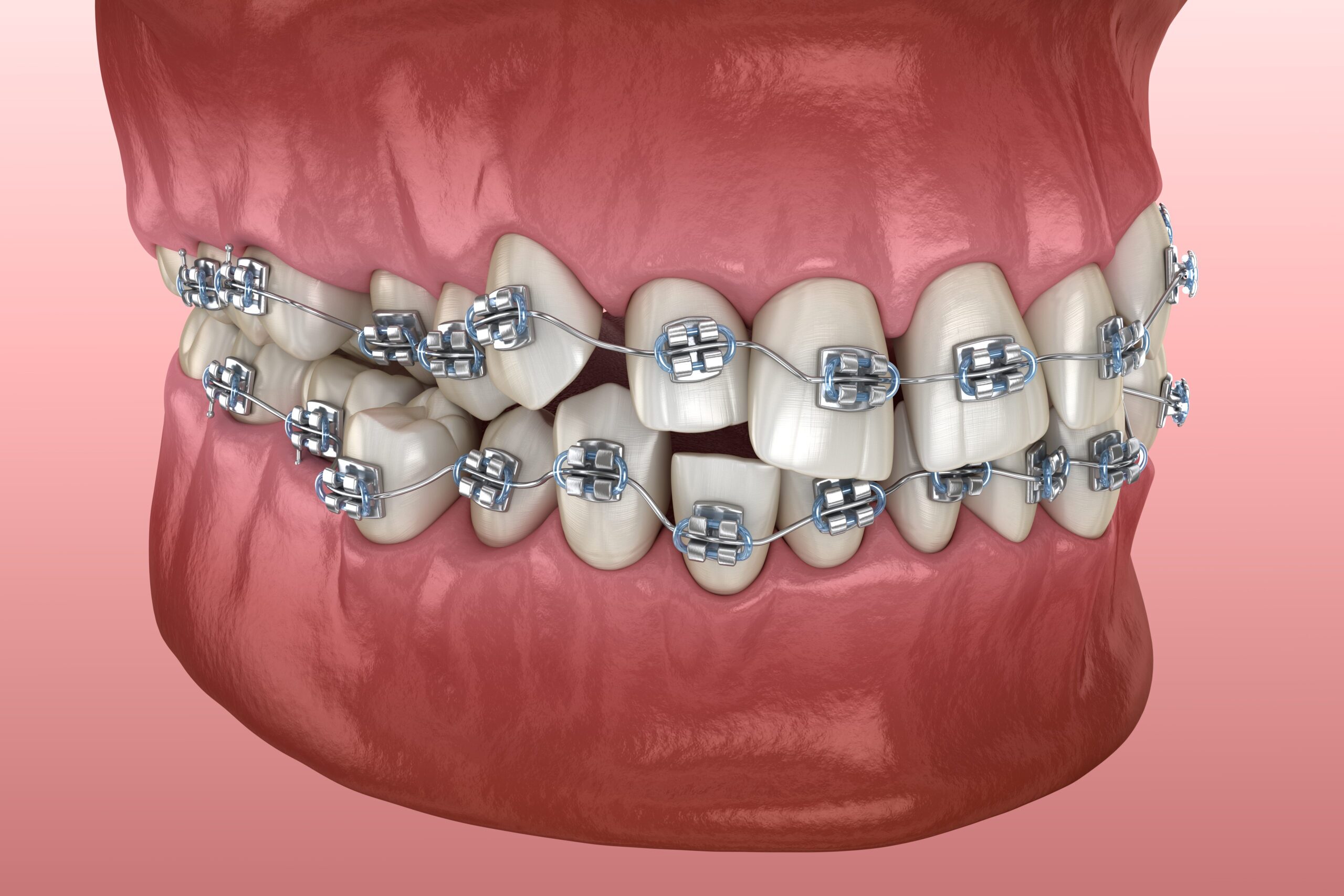
Can orthodontics fix jaw alignment problems?
05 Jun, 2025 -
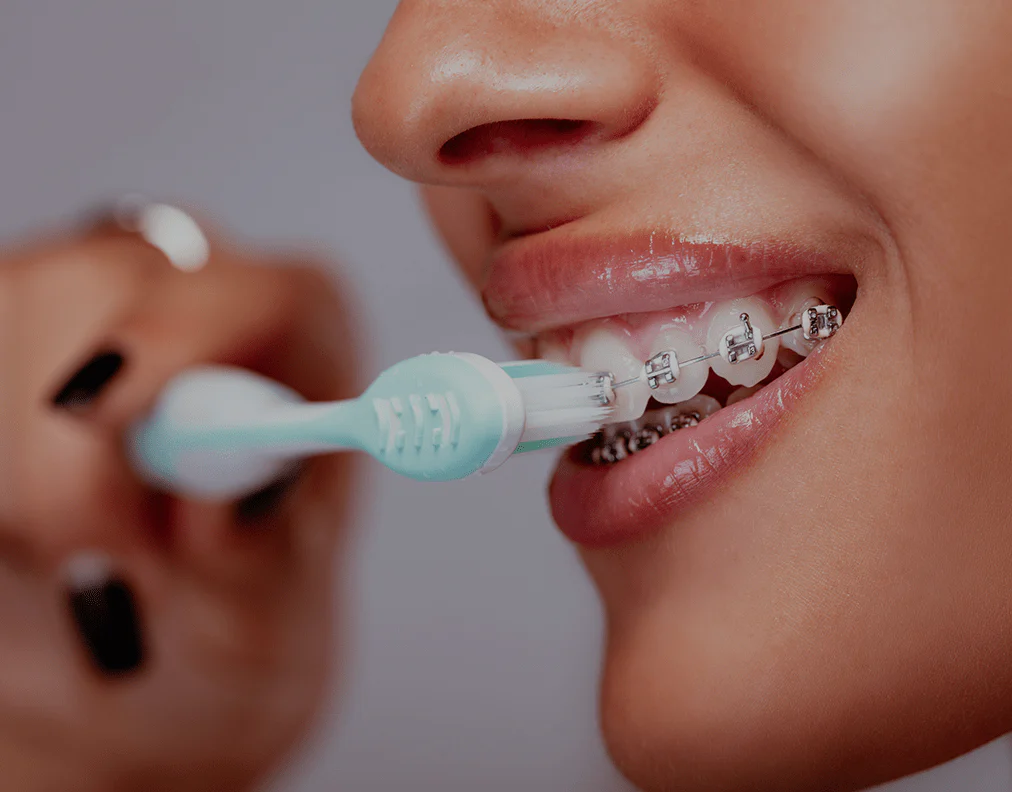
How do I clean my teeth with braces?
05 Jun, 2025 -

Are there risks to orthodontic treatment?
05 Jun, 2025 -

Where is Balkan Dental Polyclinic located?
05 Jun, 2025 -

-

Do you offer travel or accommodation assistance?
05 Jun, 2025 -
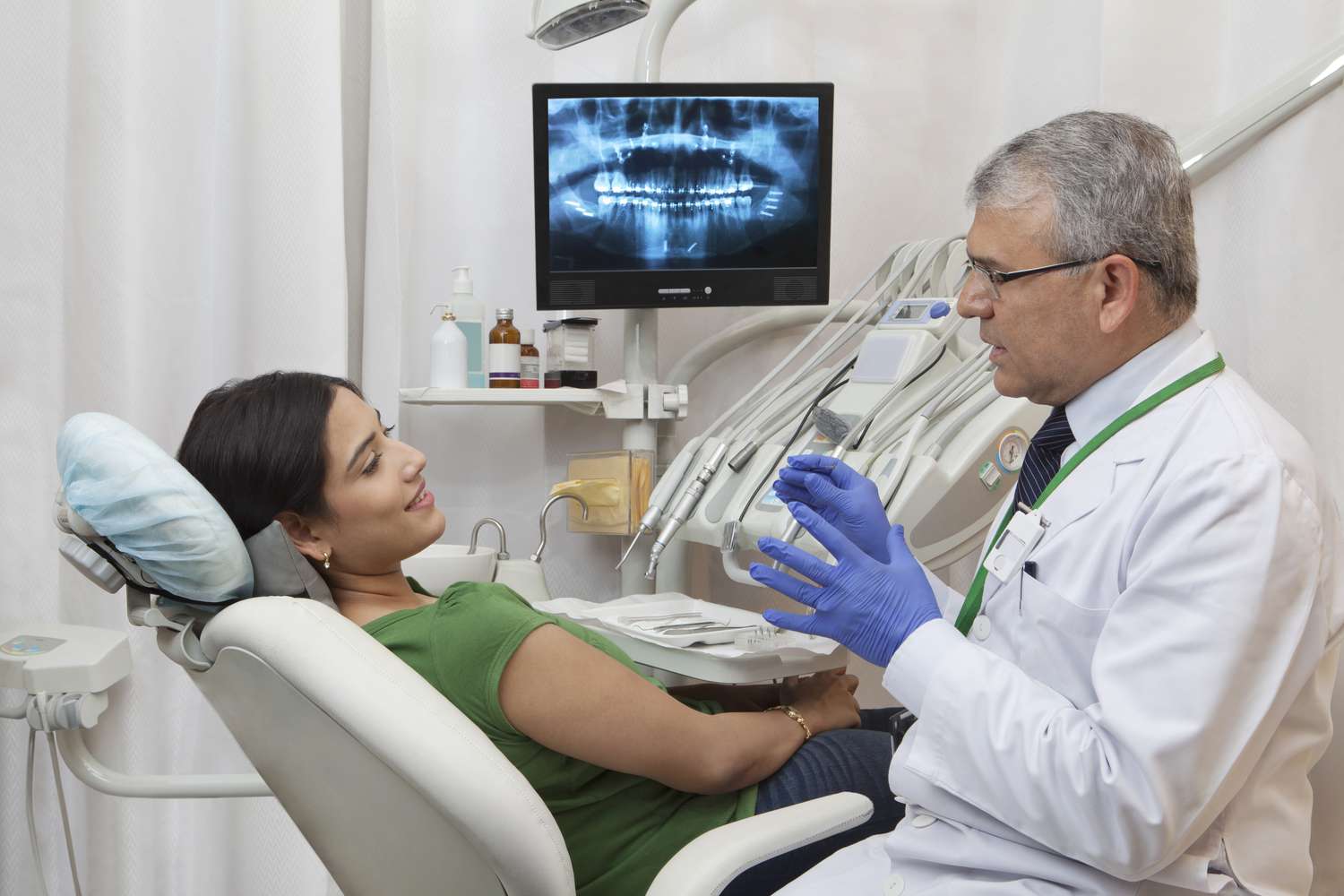
Is English spoken at your clinic?
05 Jun, 2025 -
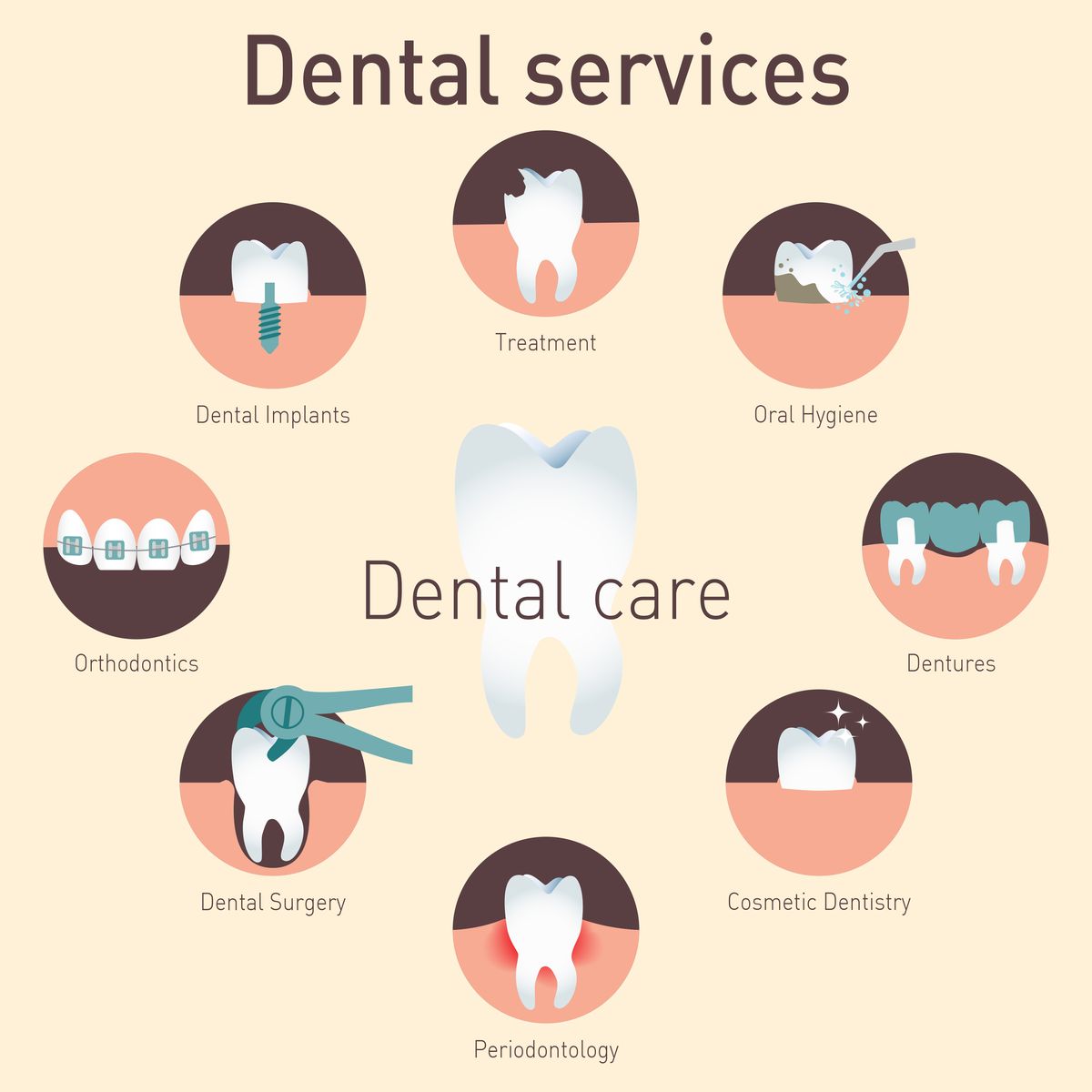
-

-
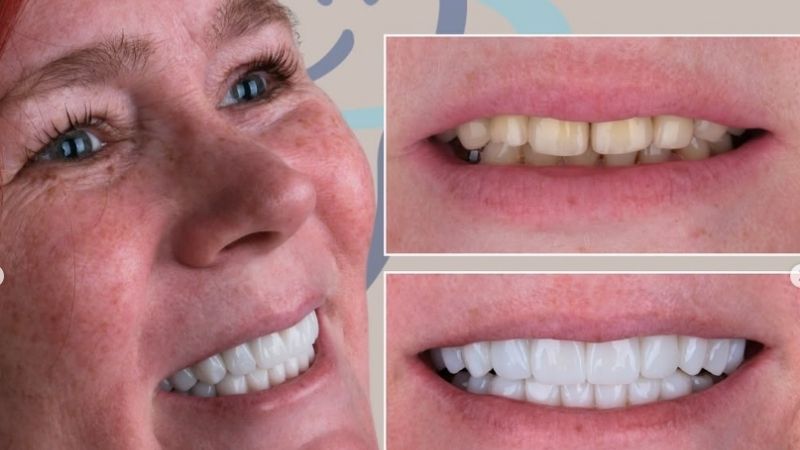
Can I get veneers in just one trip?
05 Jun, 2025 -

What if I need follow-up care after returning home?
05 Jun, 2025 -
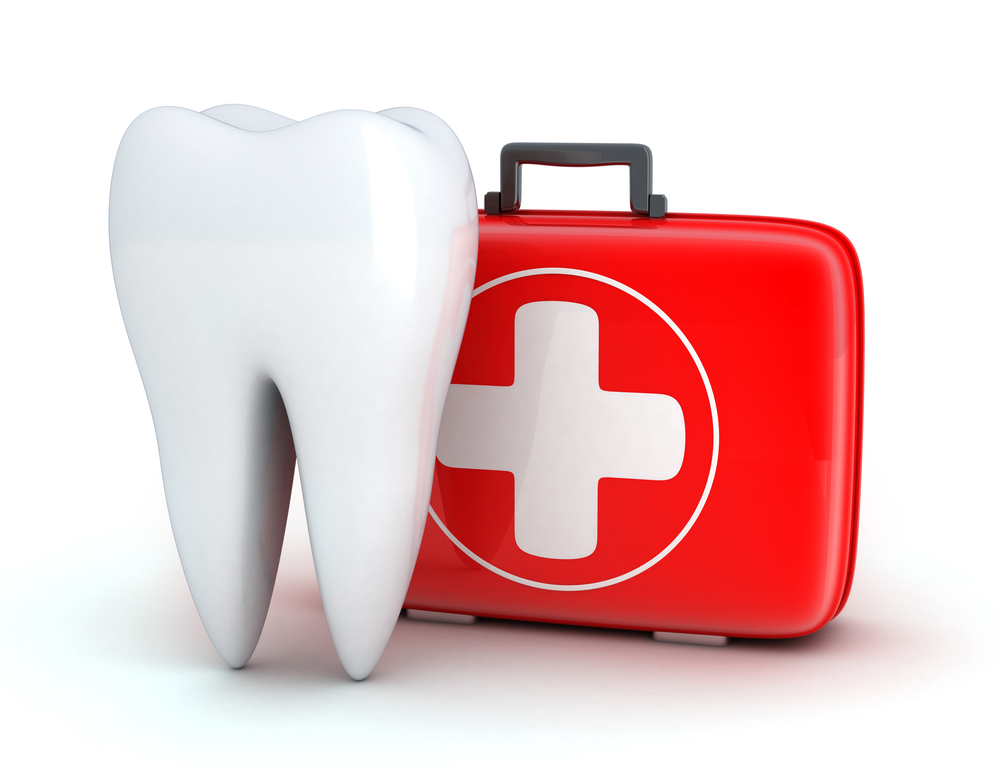
-

-
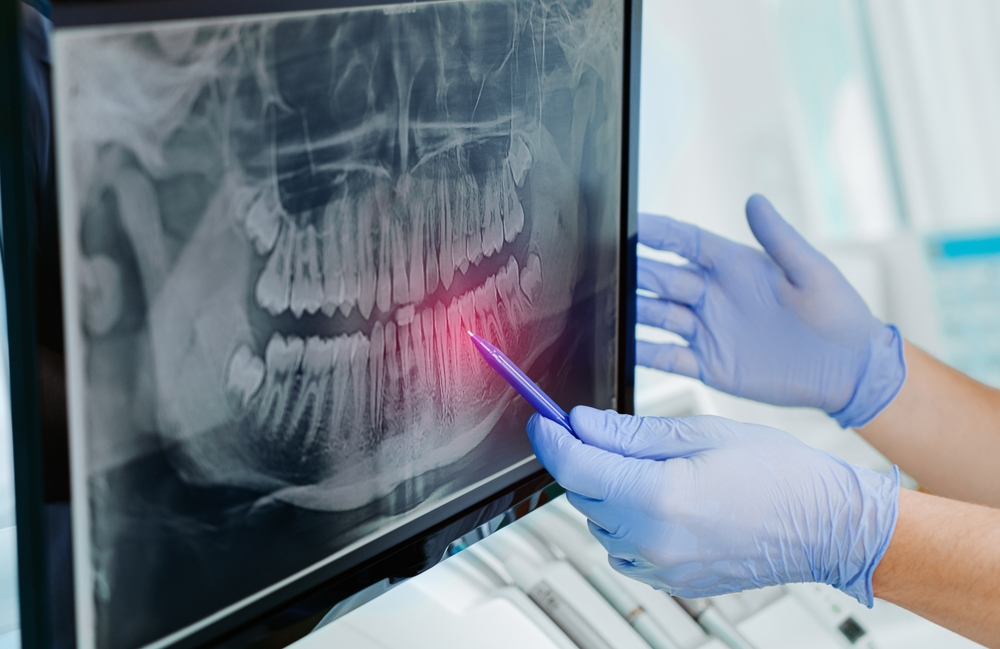
How can I get a treatment plan before traveling?
05 Jun, 2025 -

What payment options are available?
05 Jun, 2025 -

-
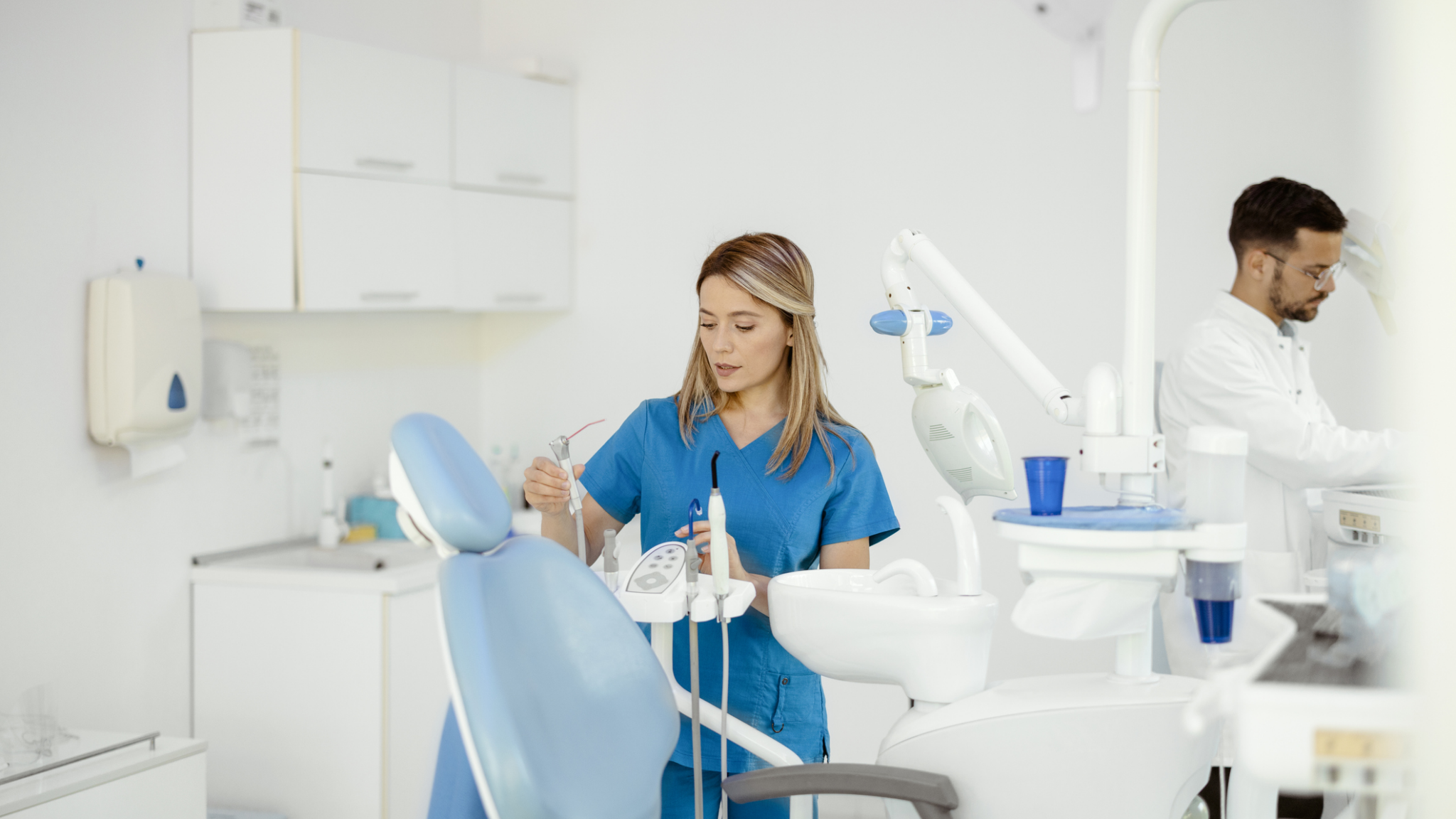
Is dental care in North Macedonia safe and hygienic?
05 Jun, 2025 -

Are your dentists internationally trained?
05 Jun, 2025 -

-

Do you offer written warranties for treatments?
05 Jun, 2025 -
